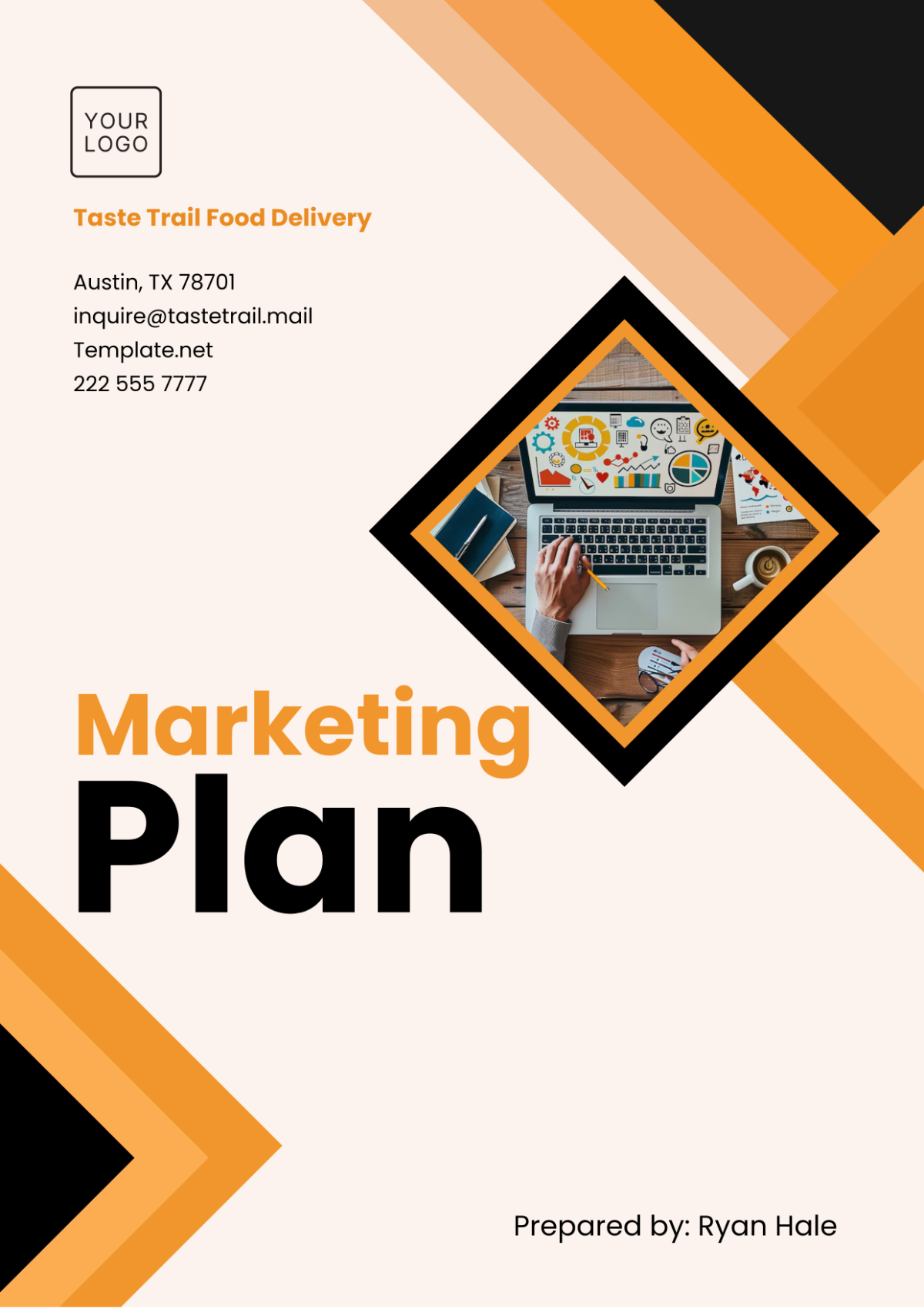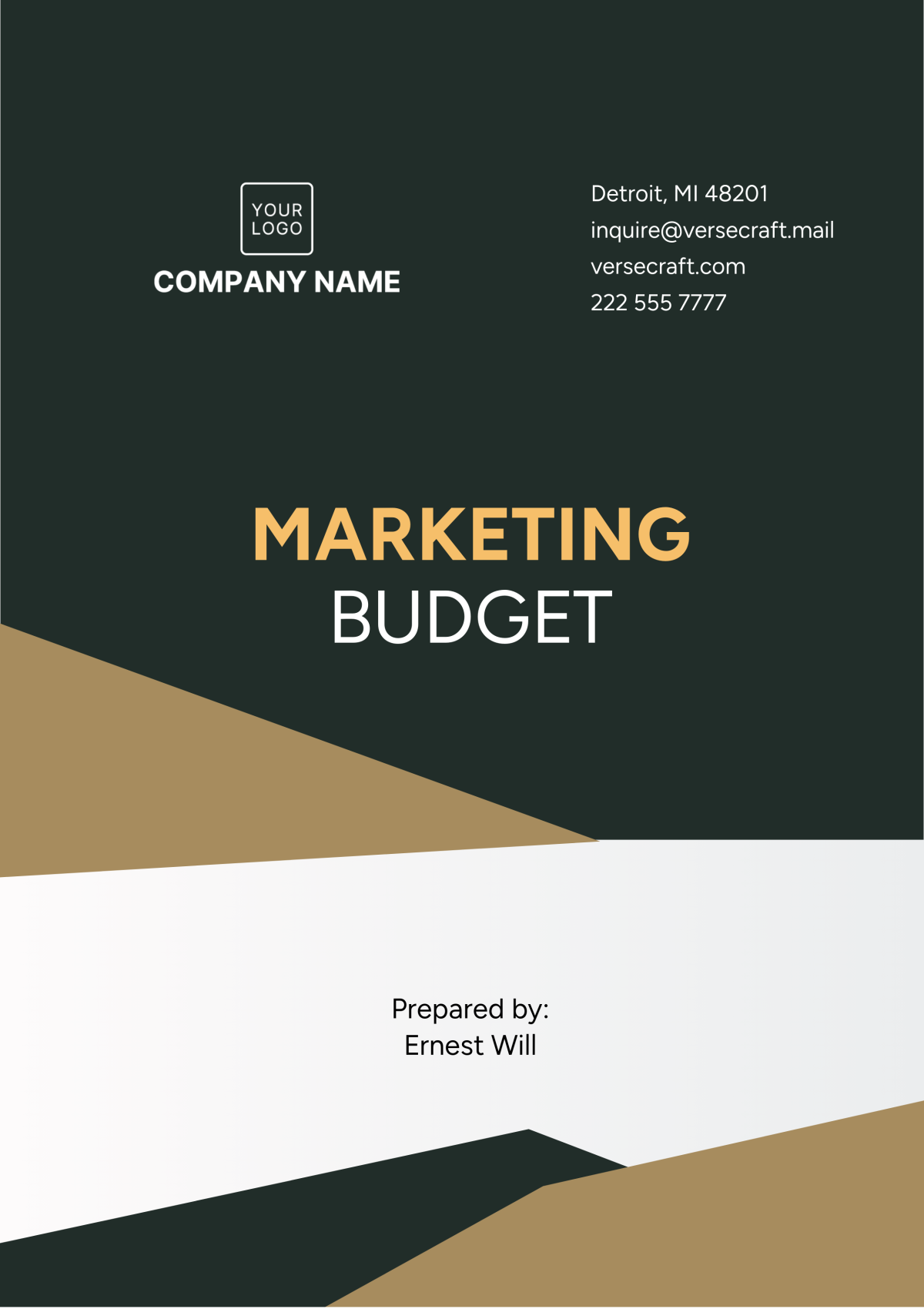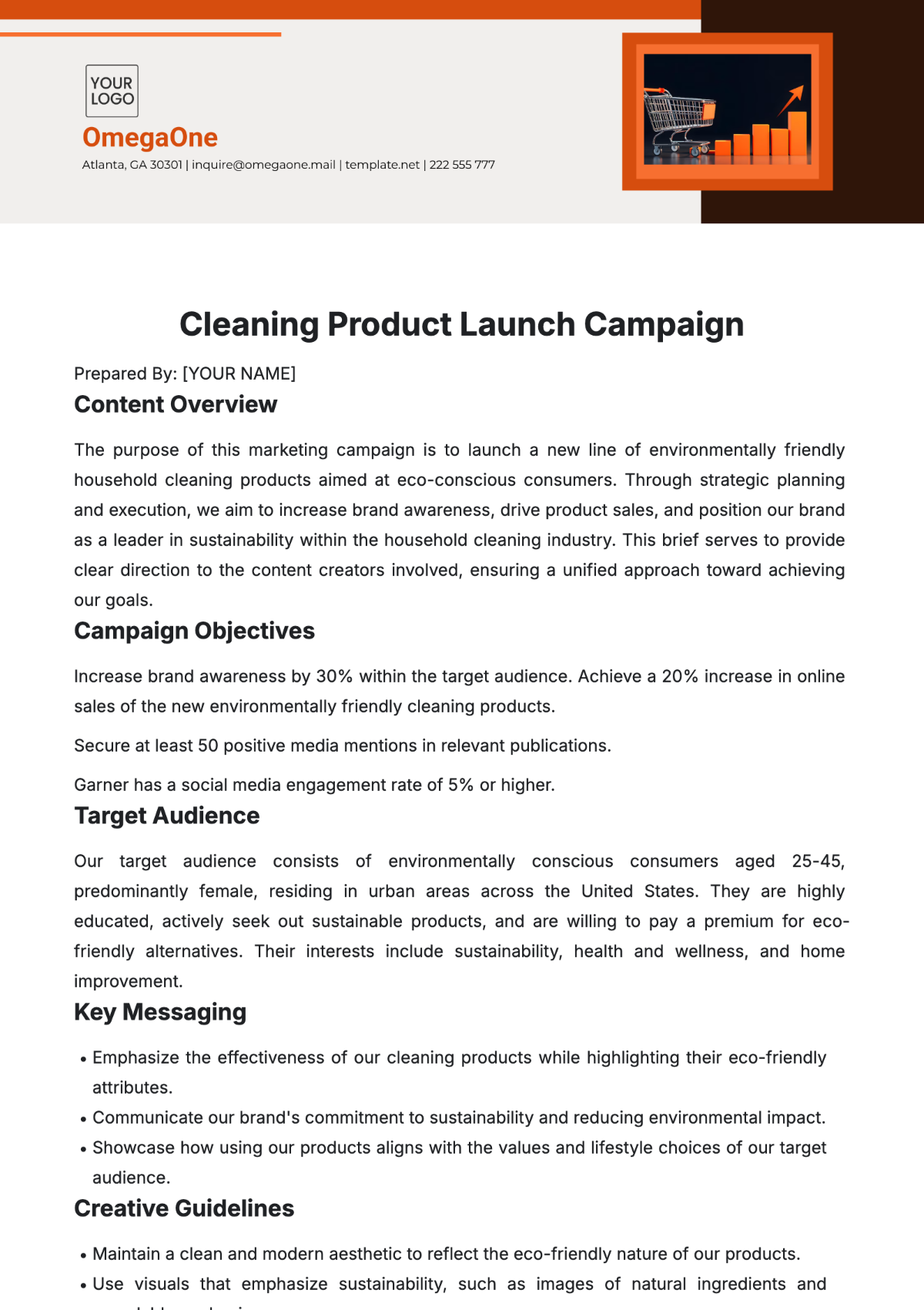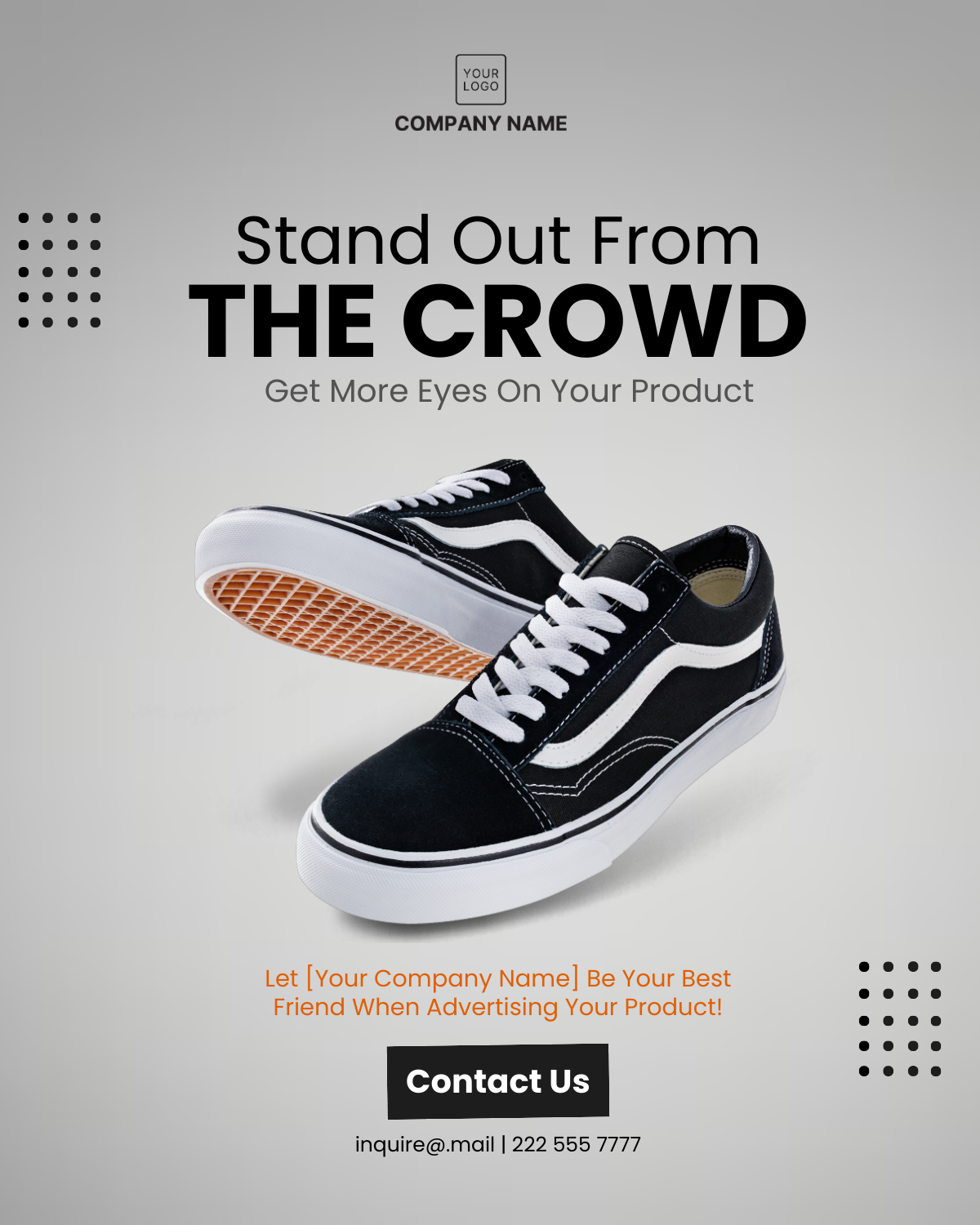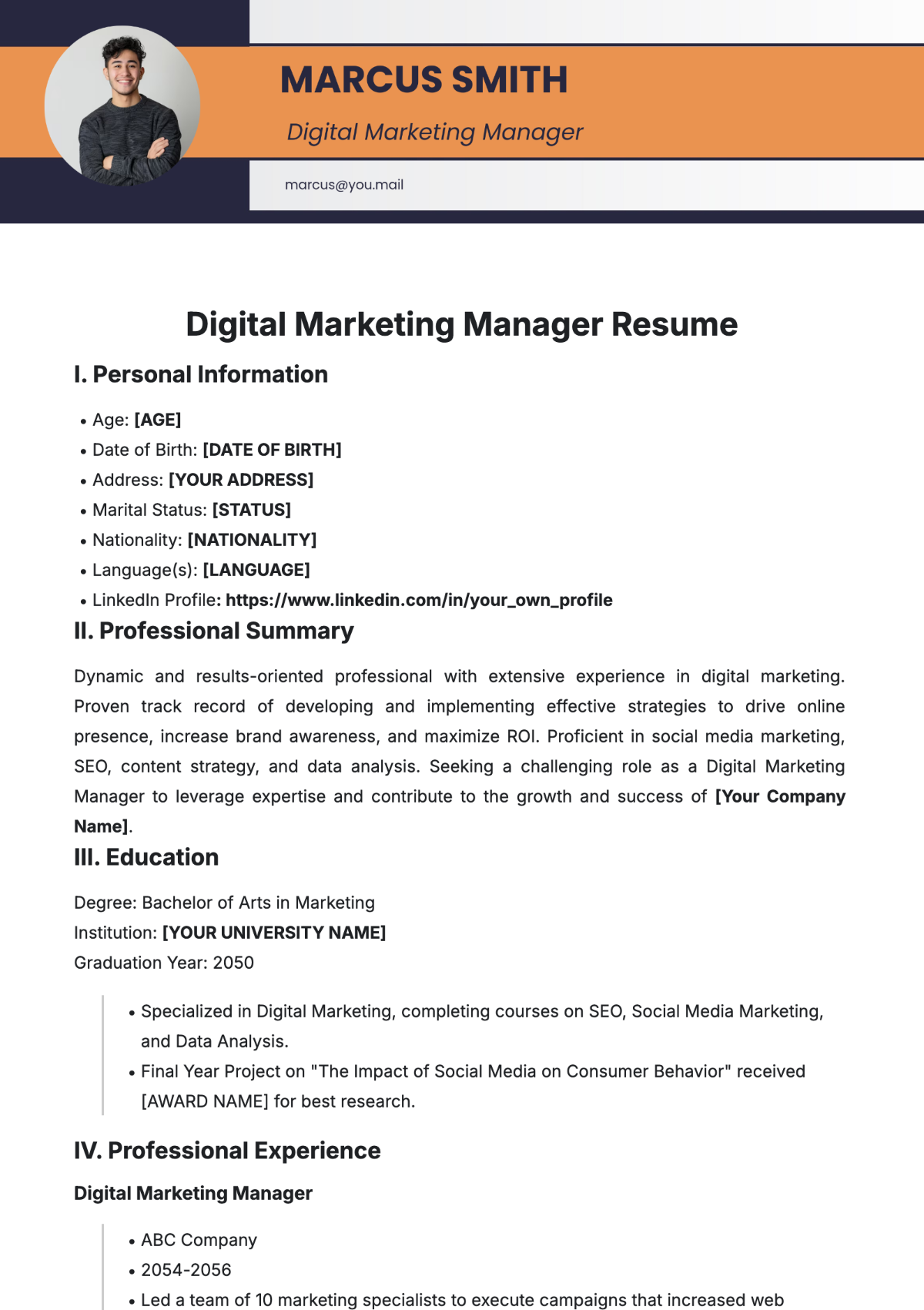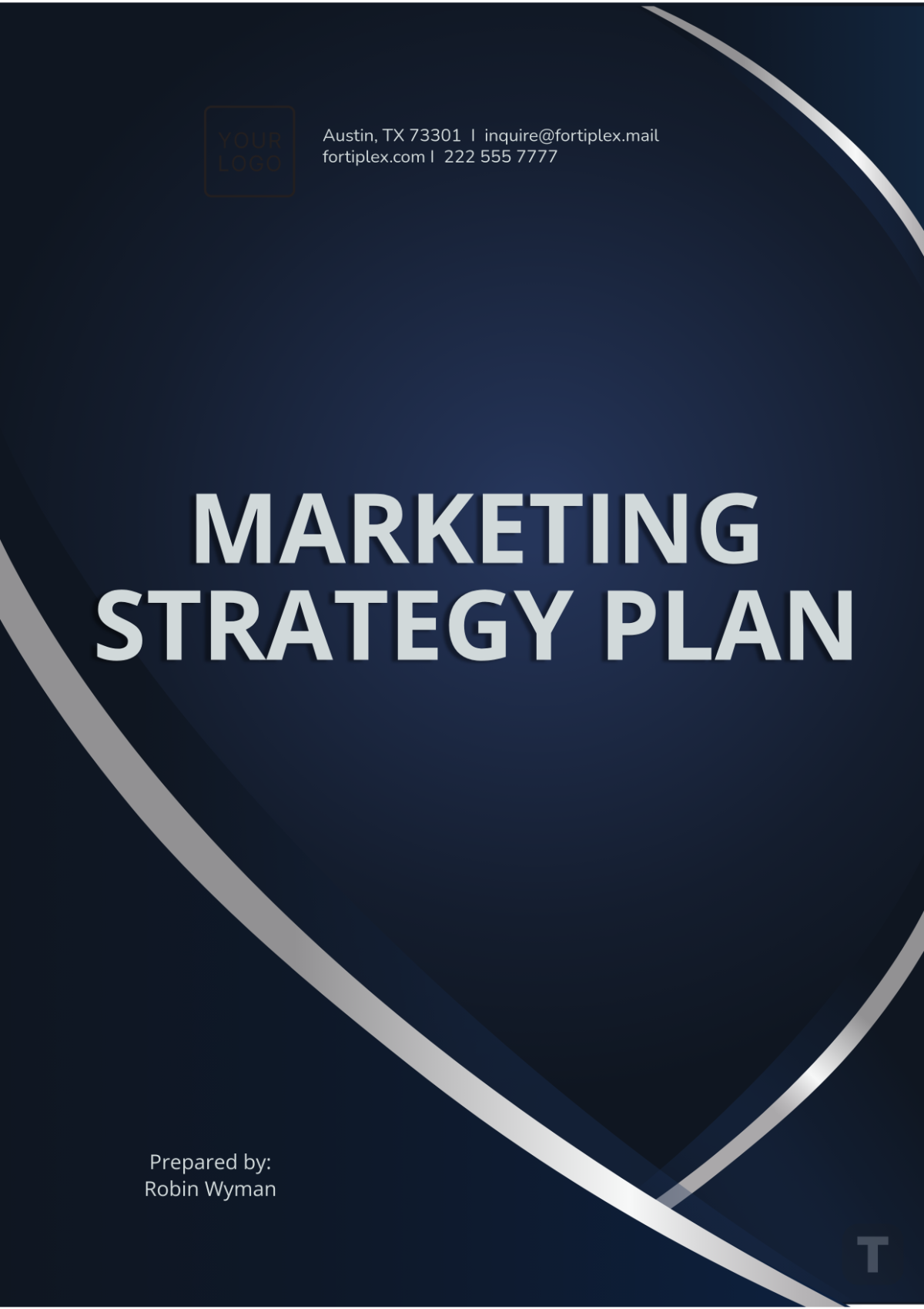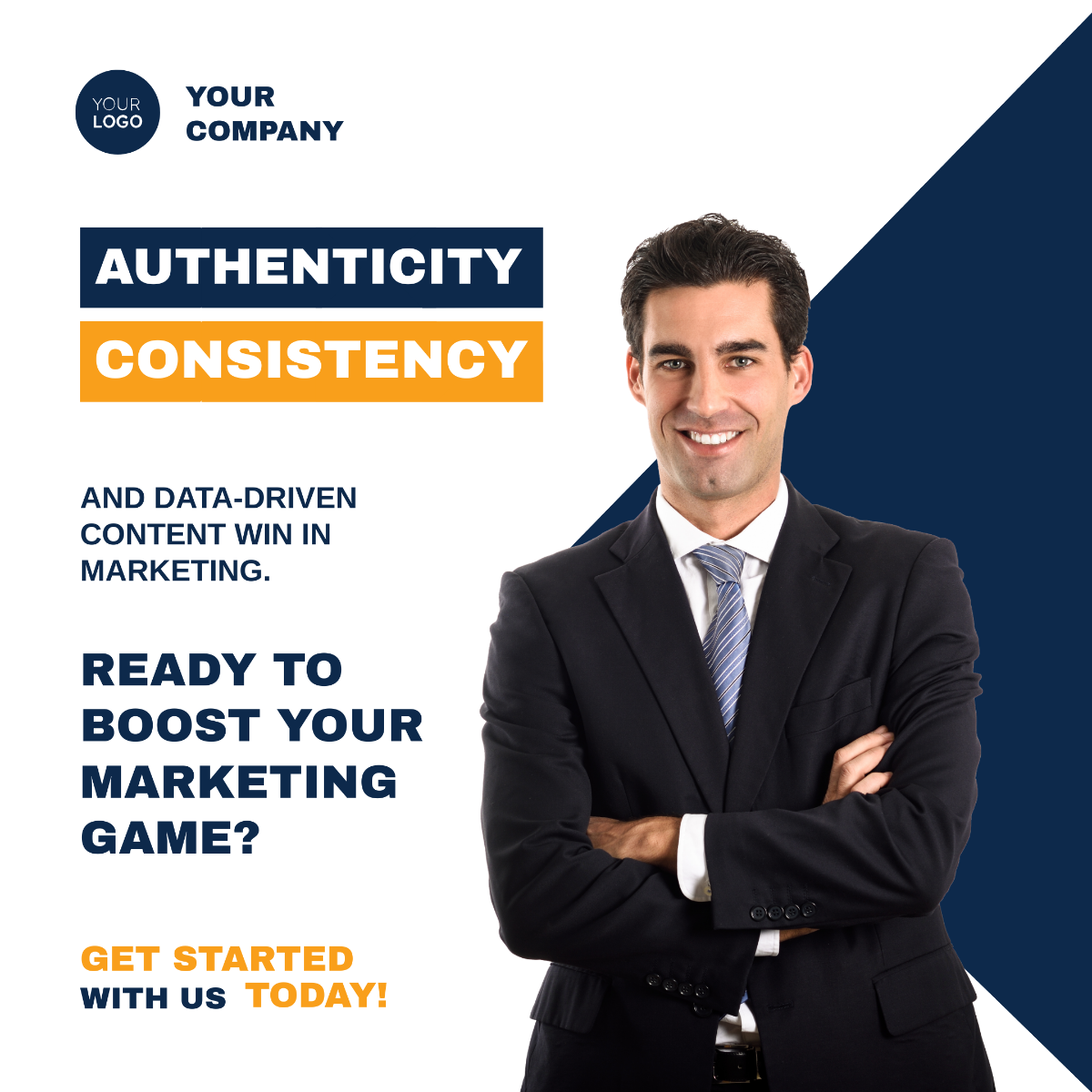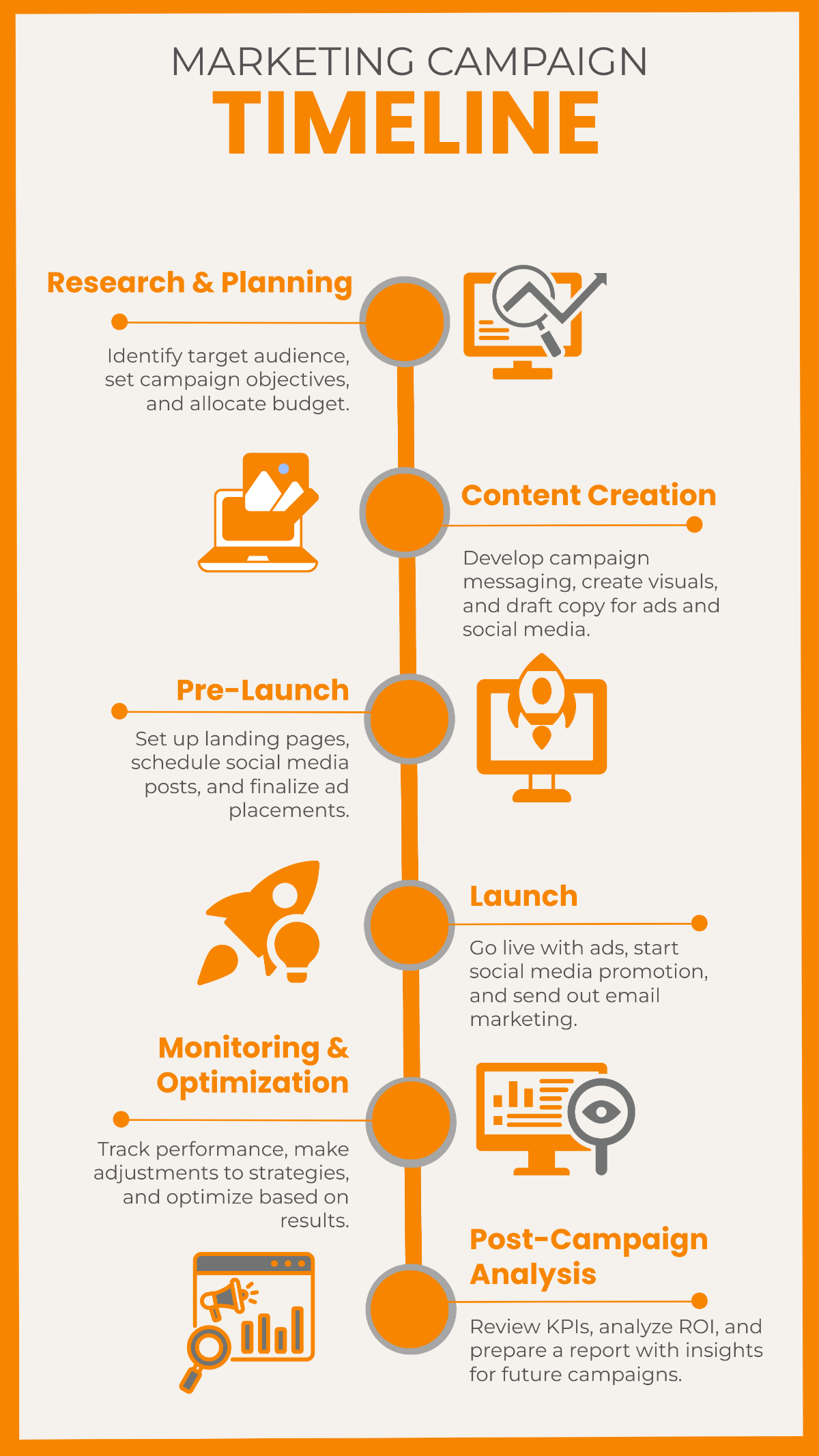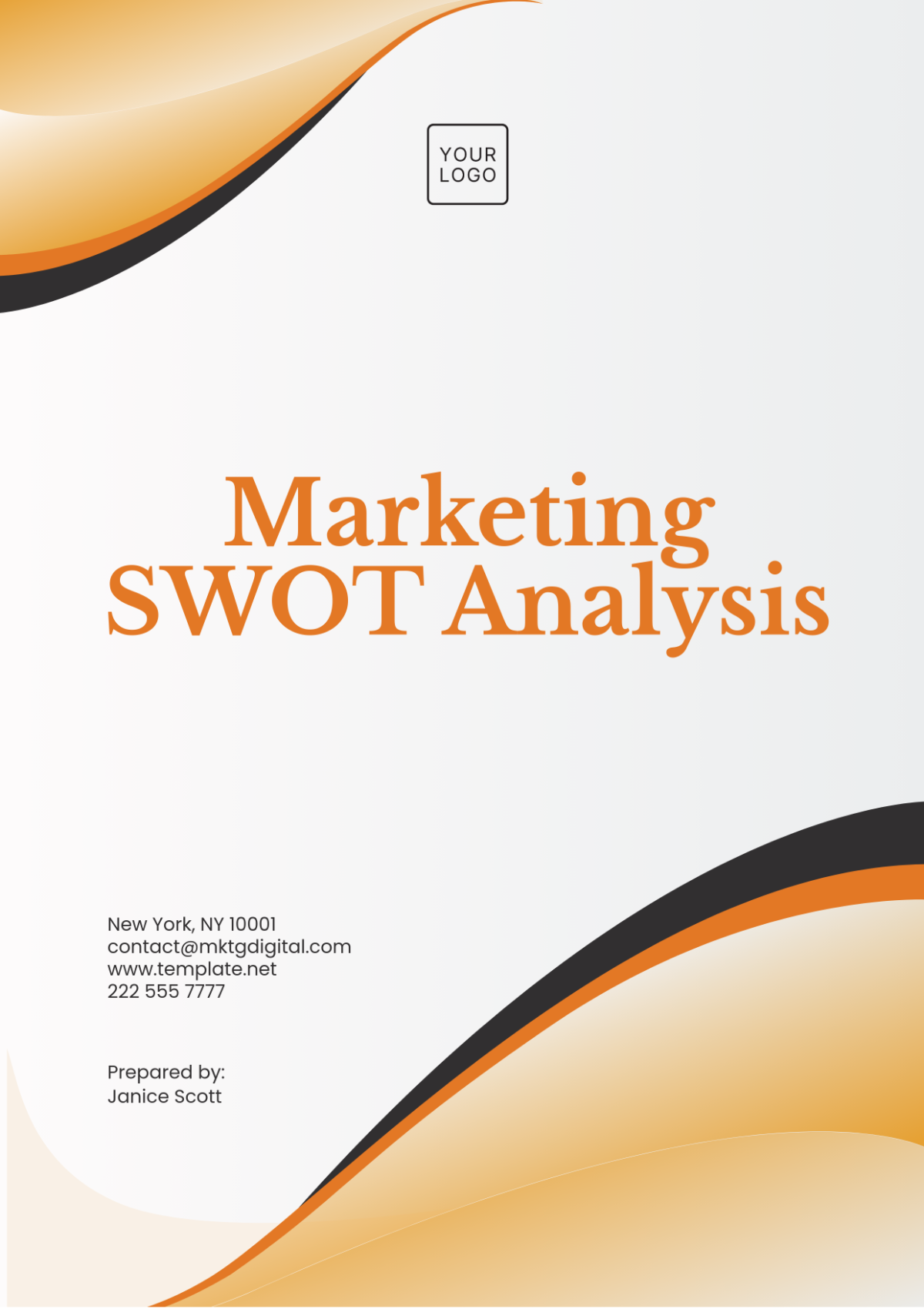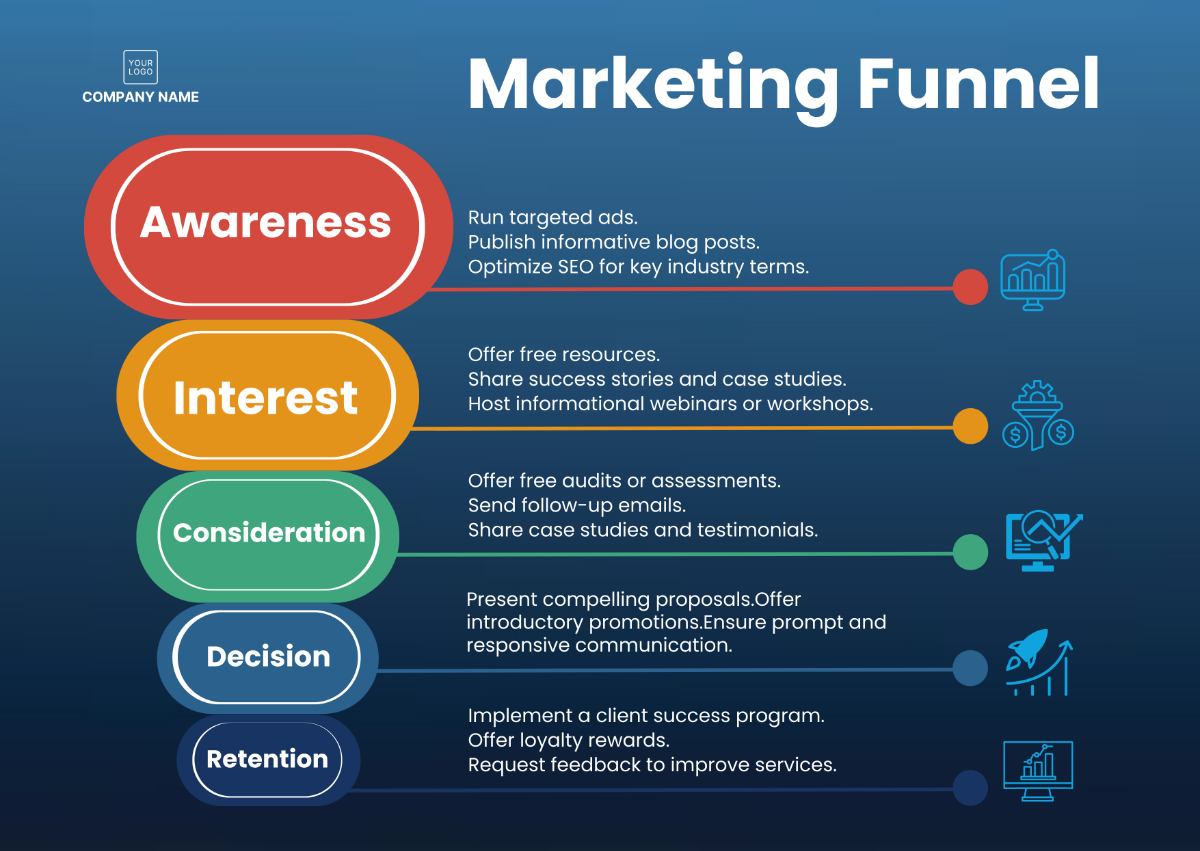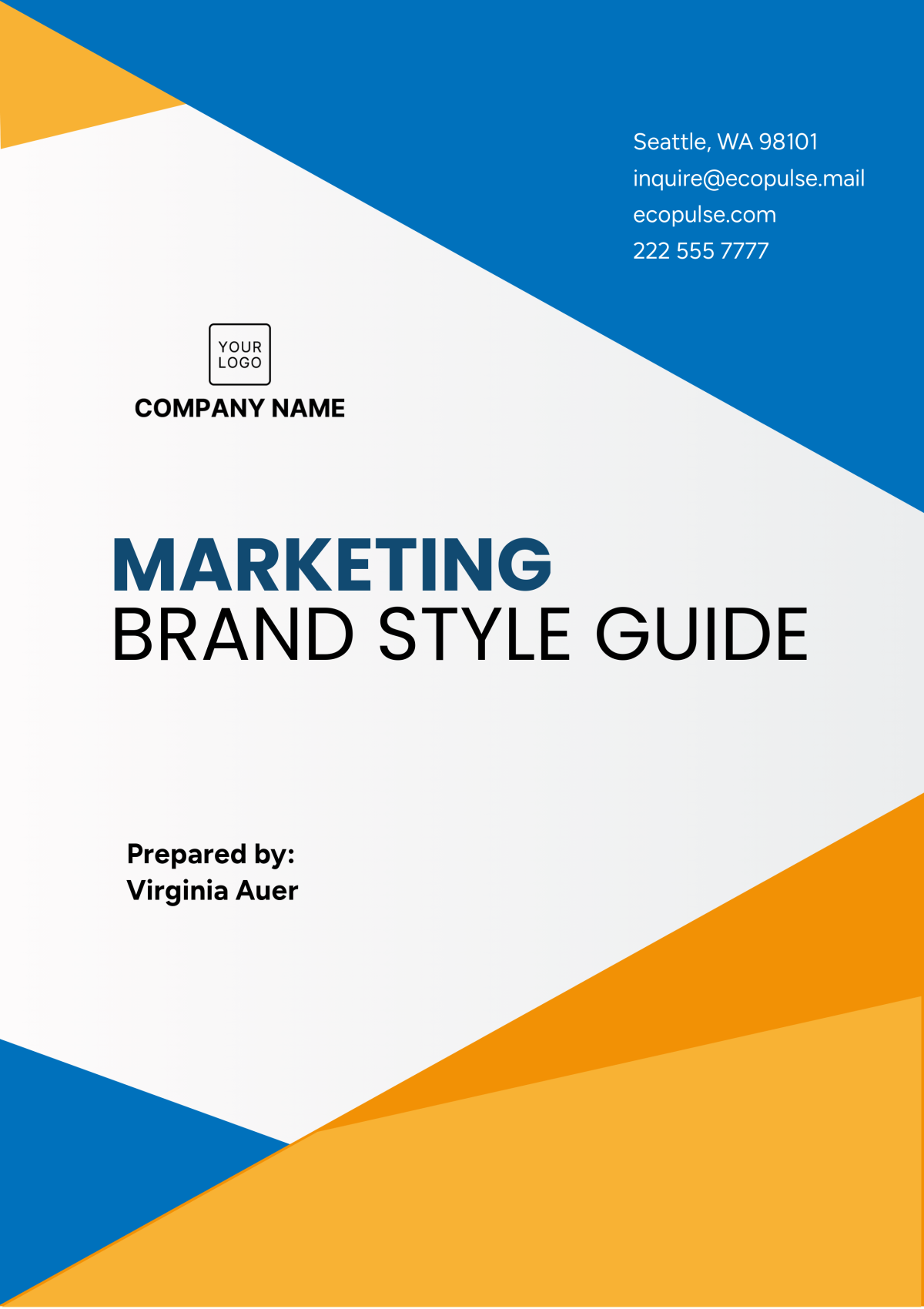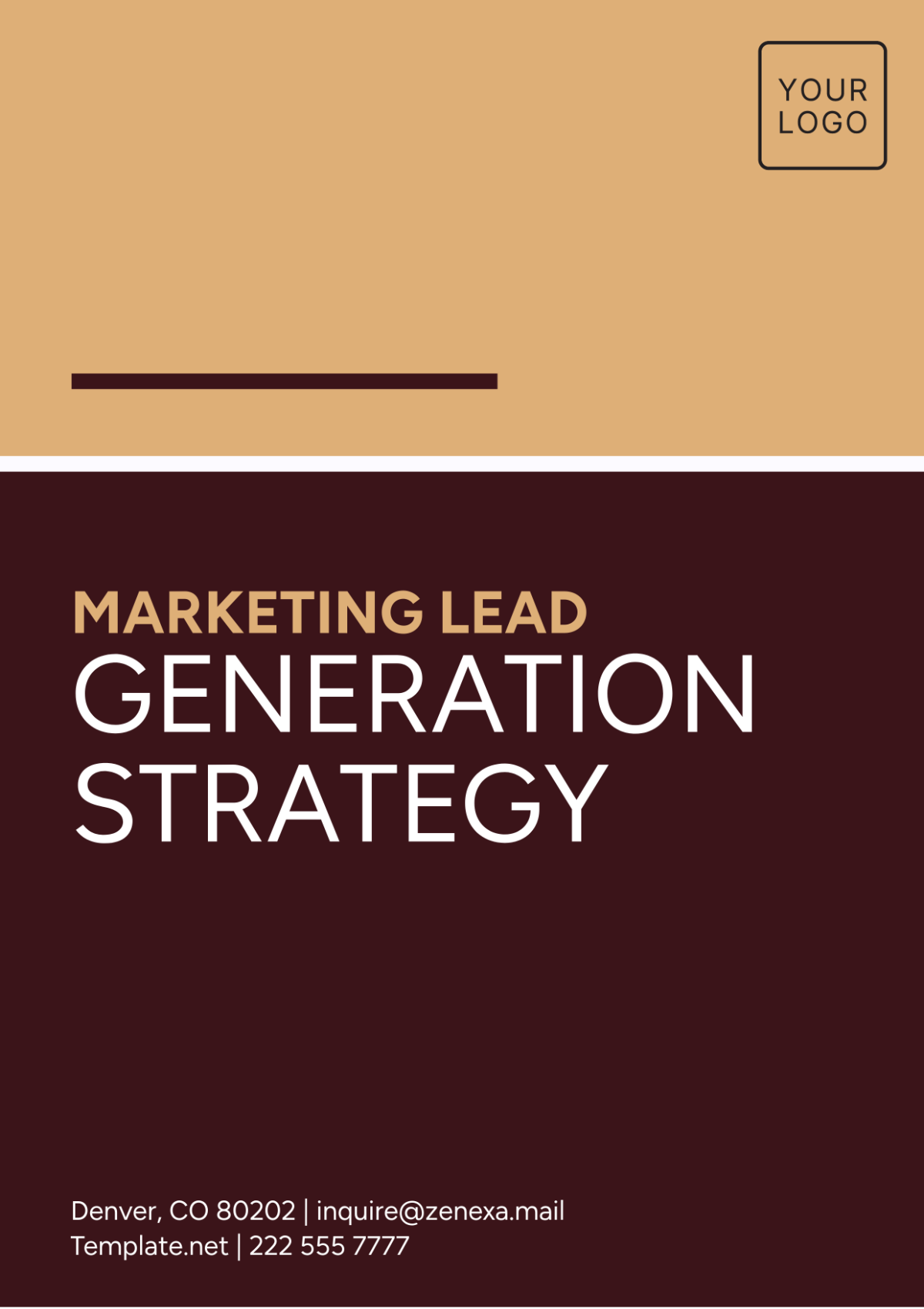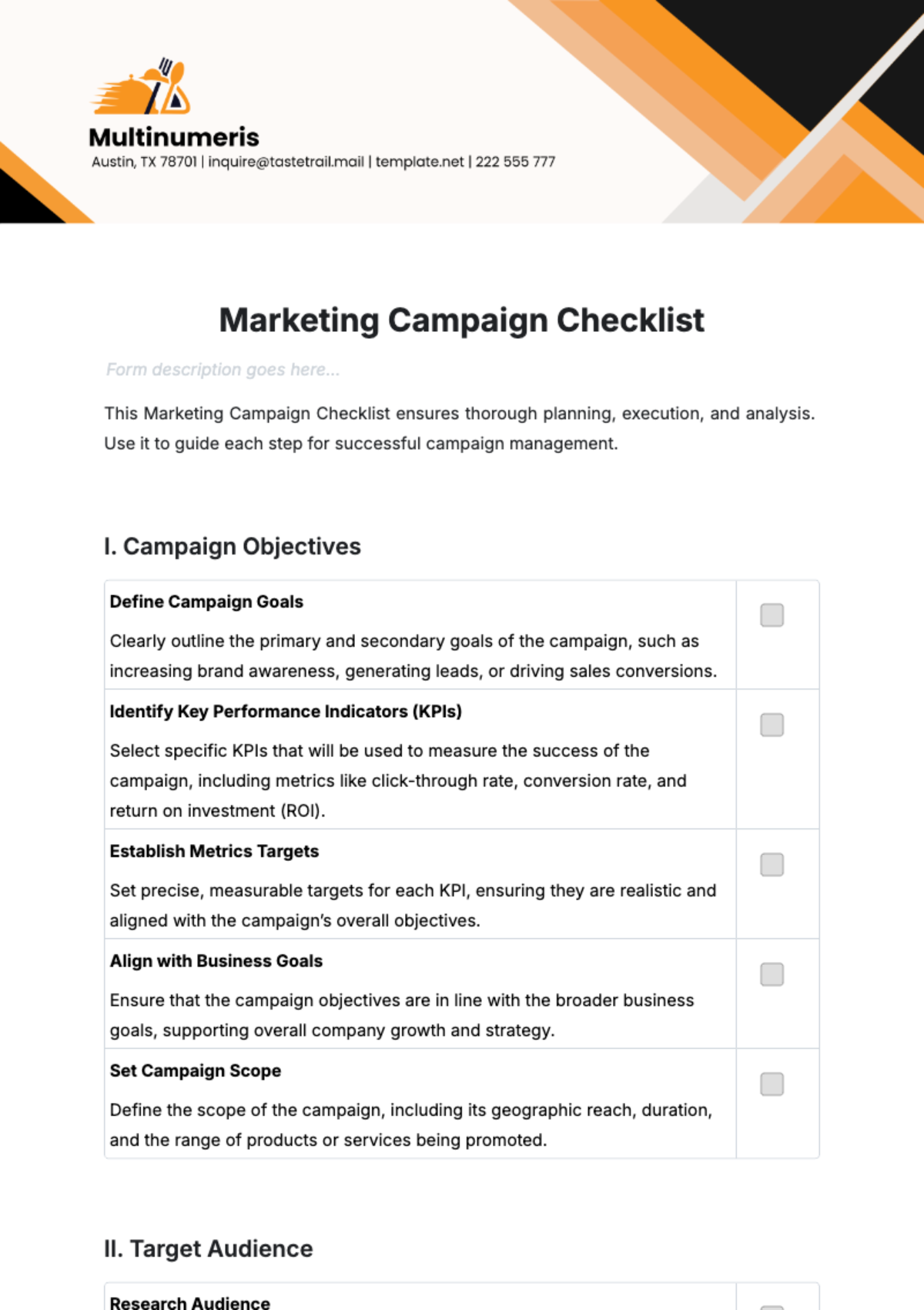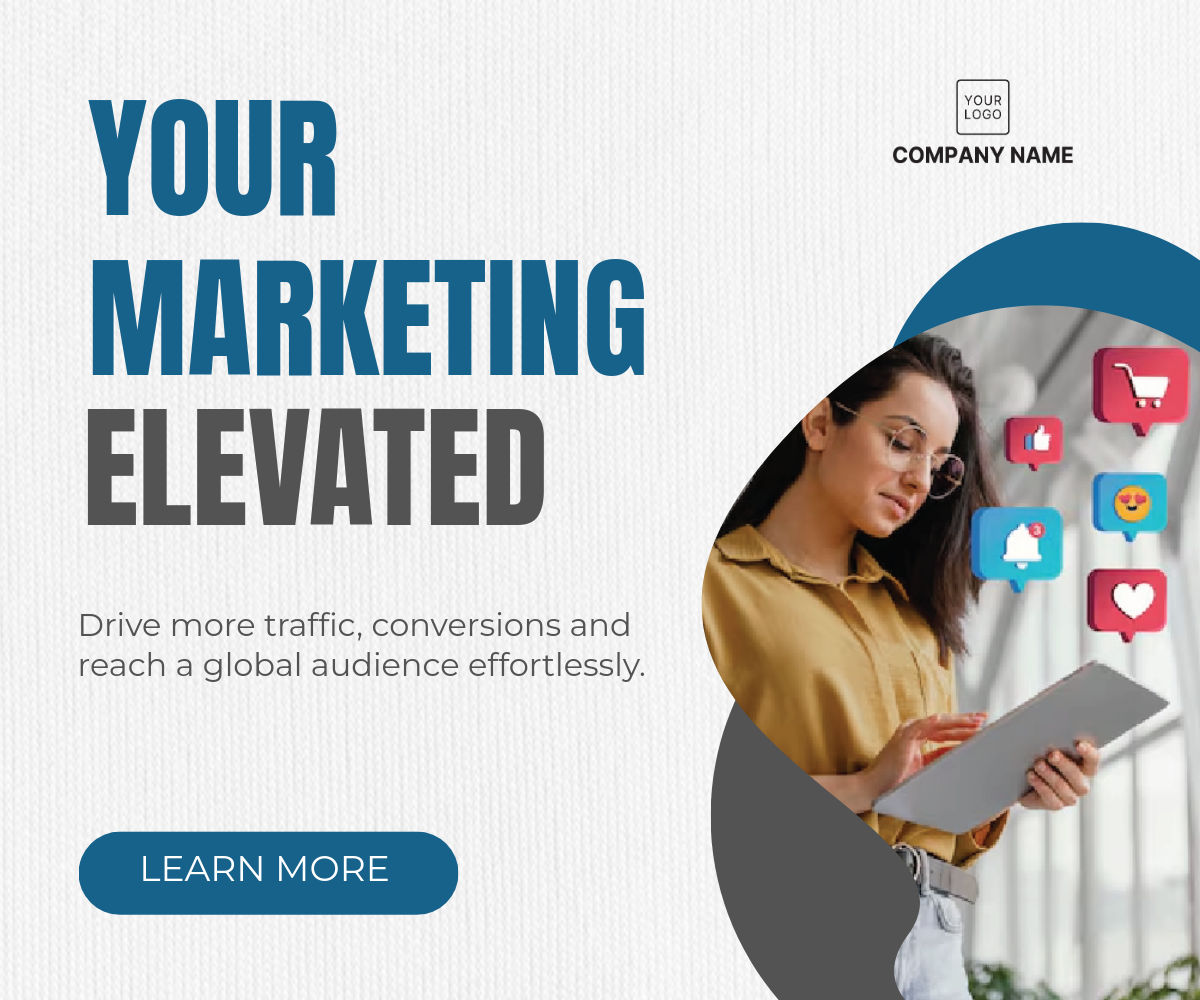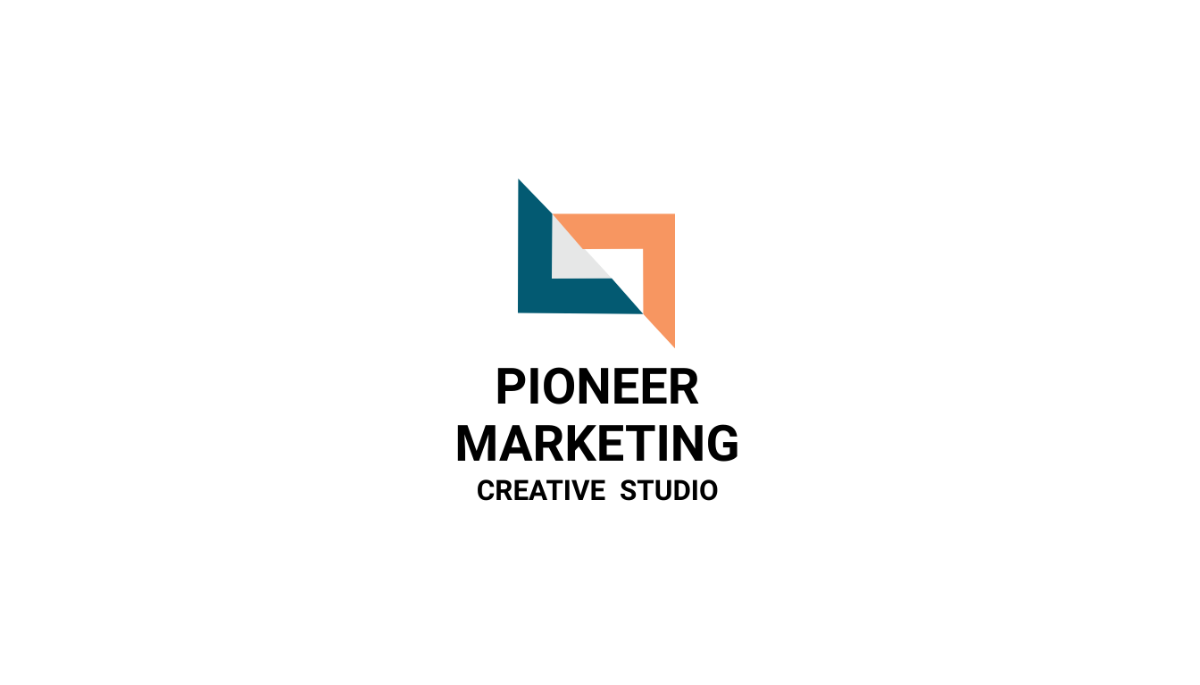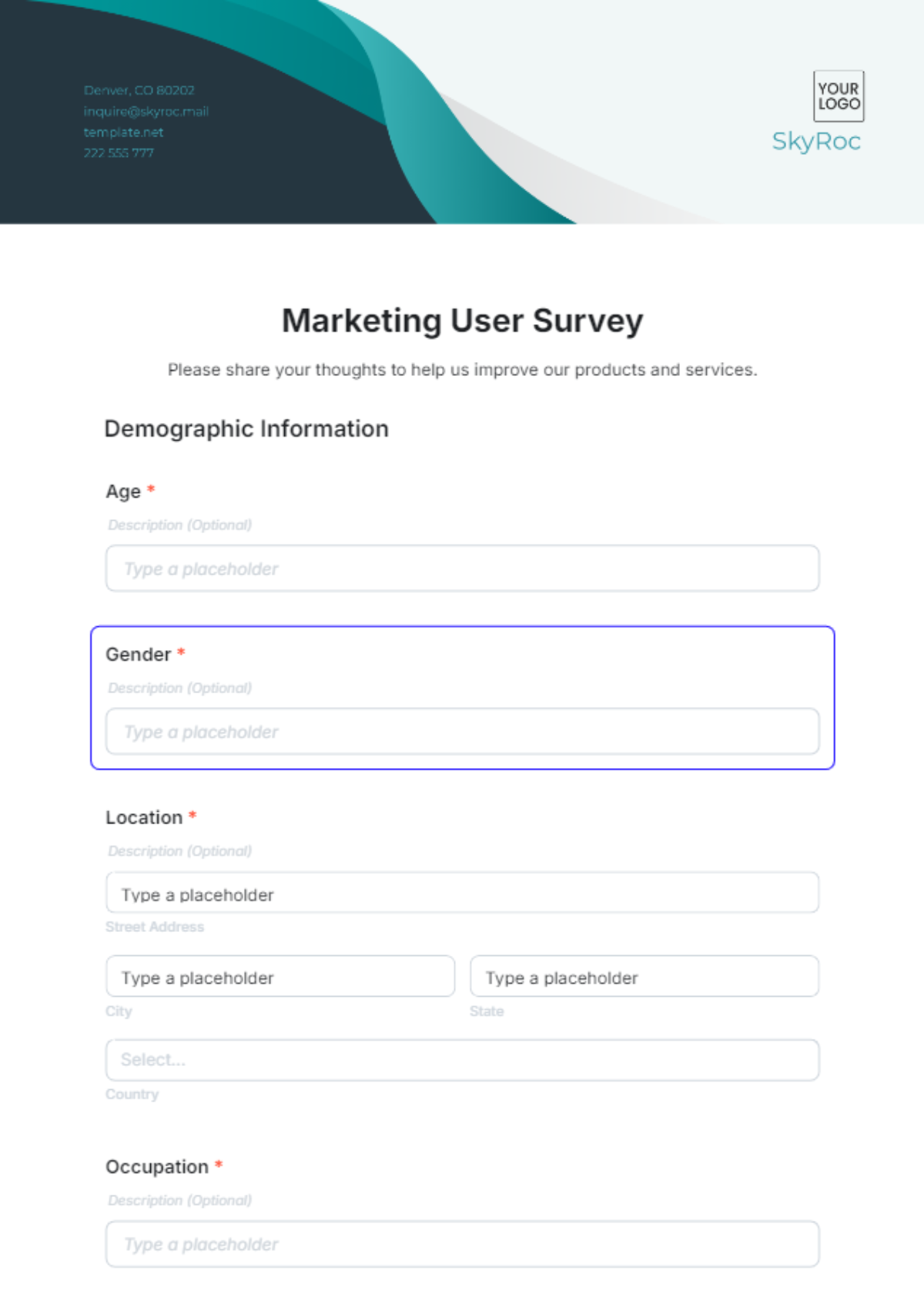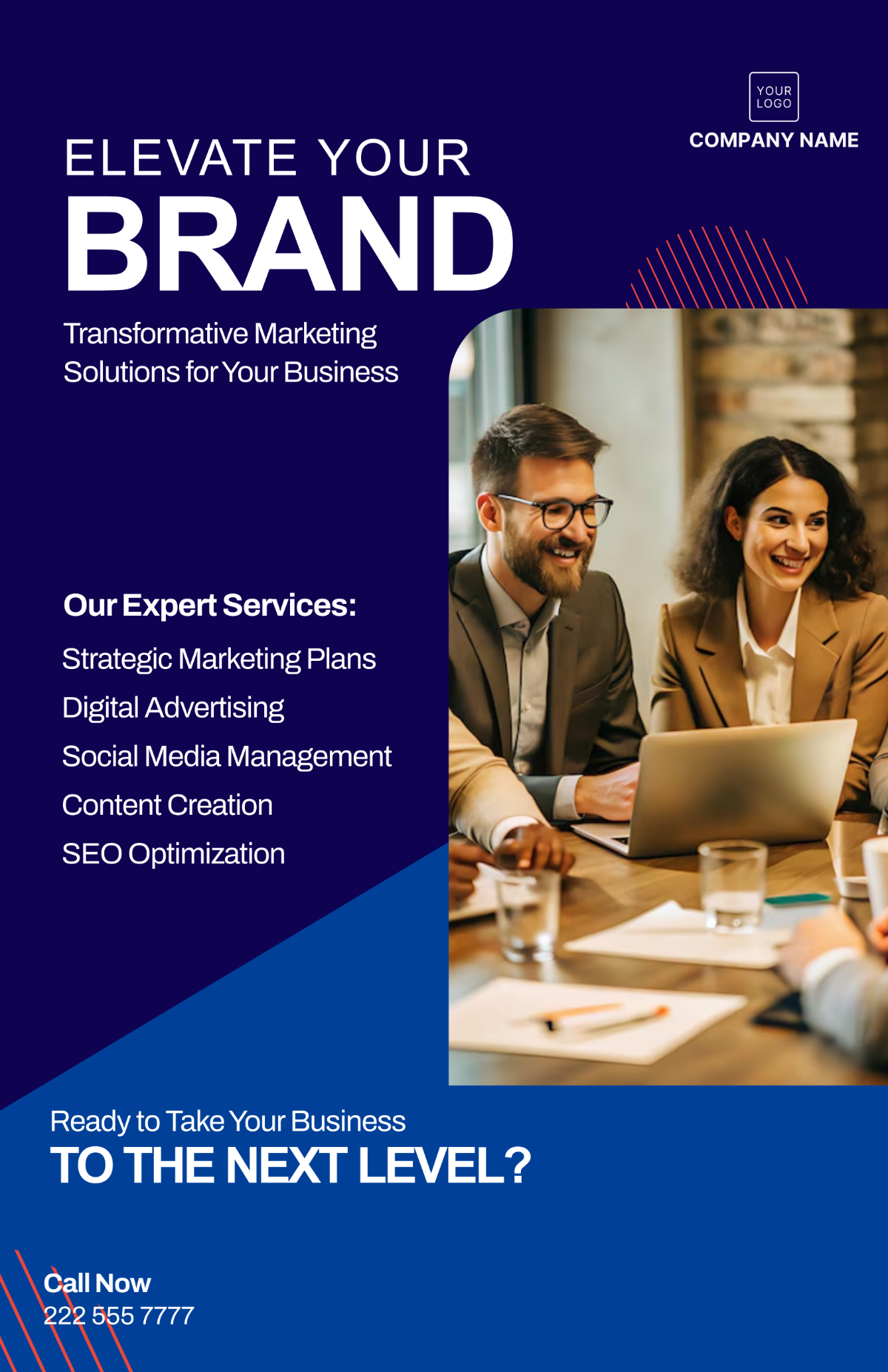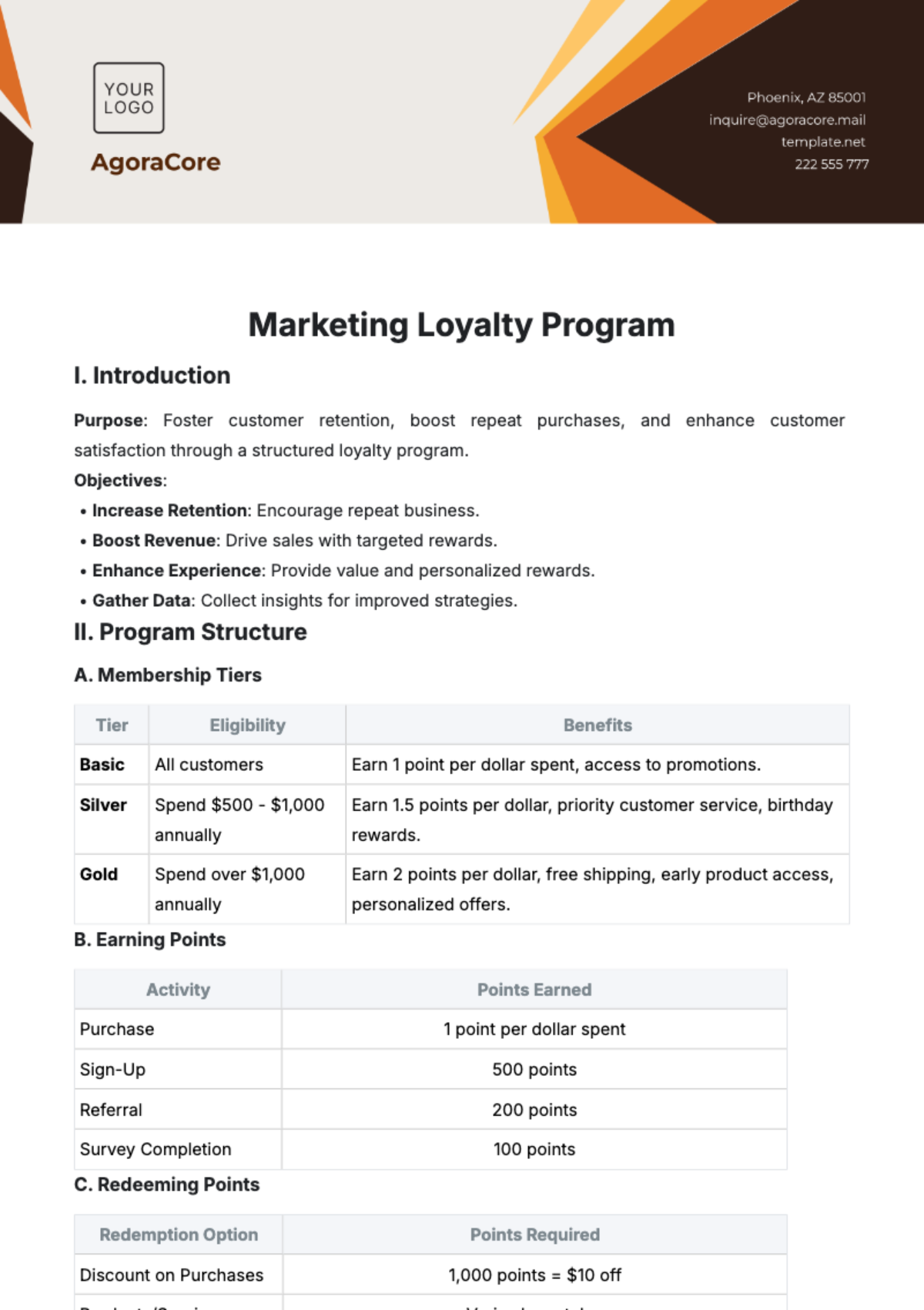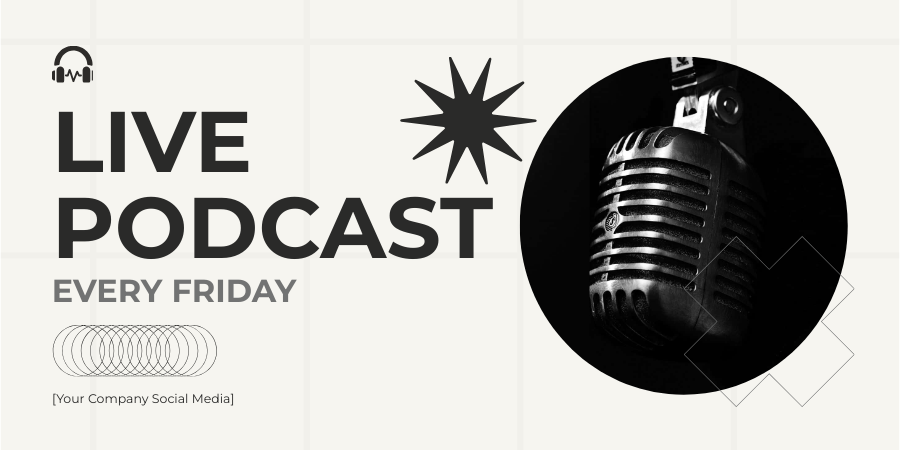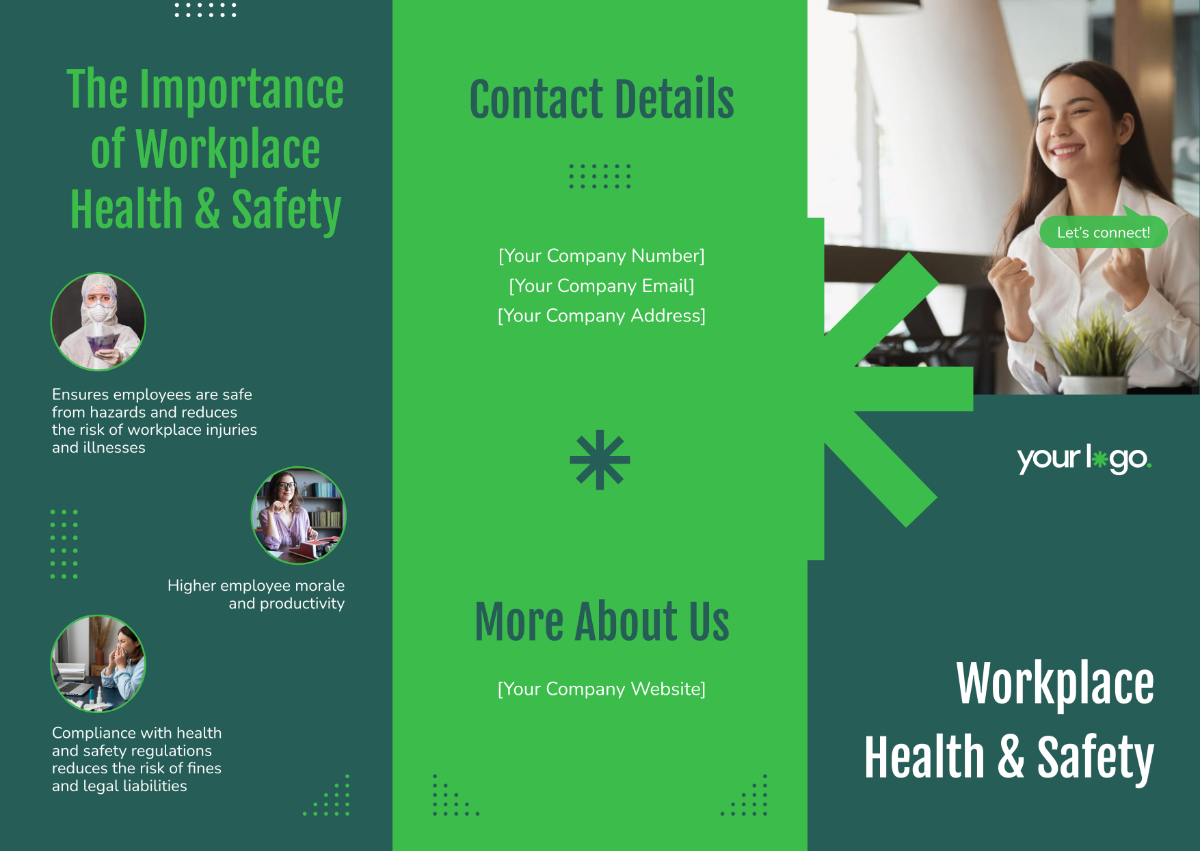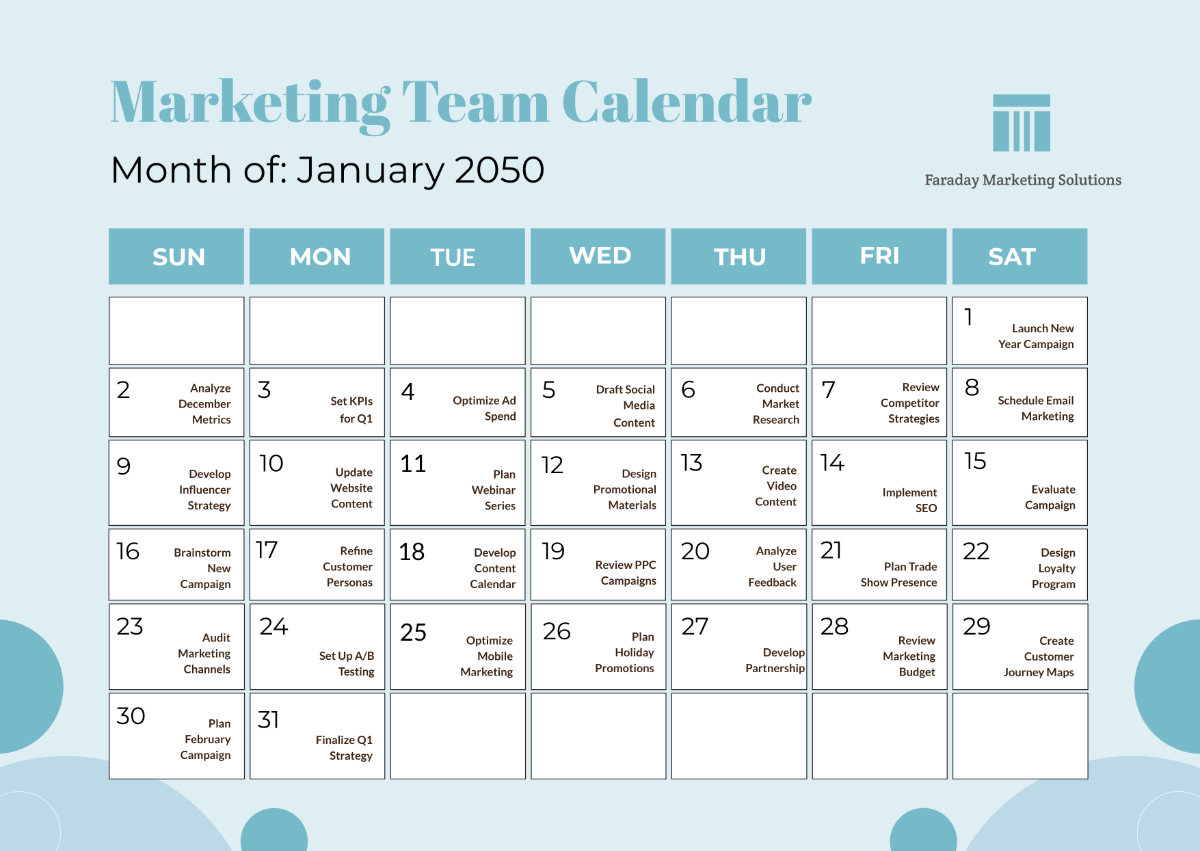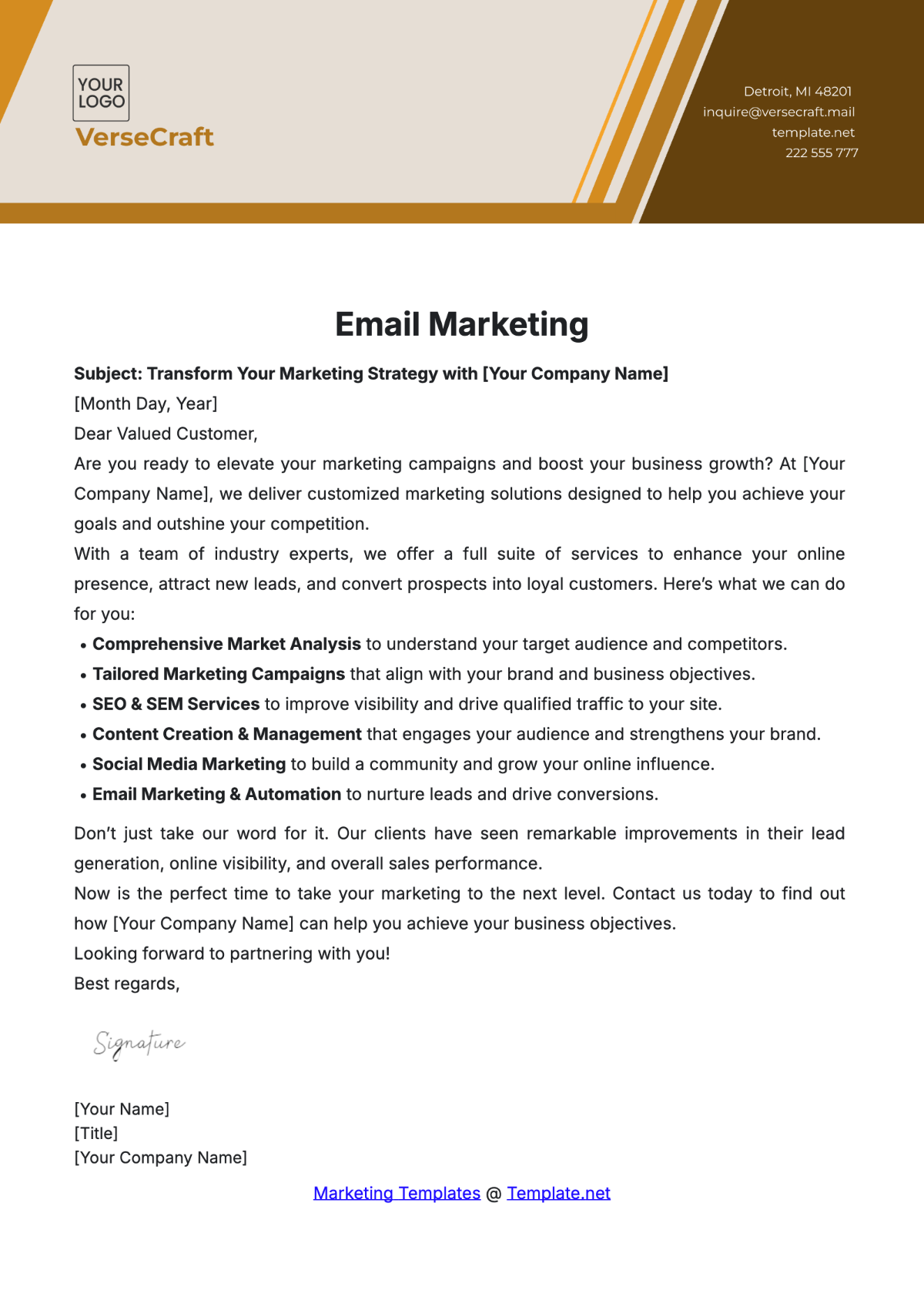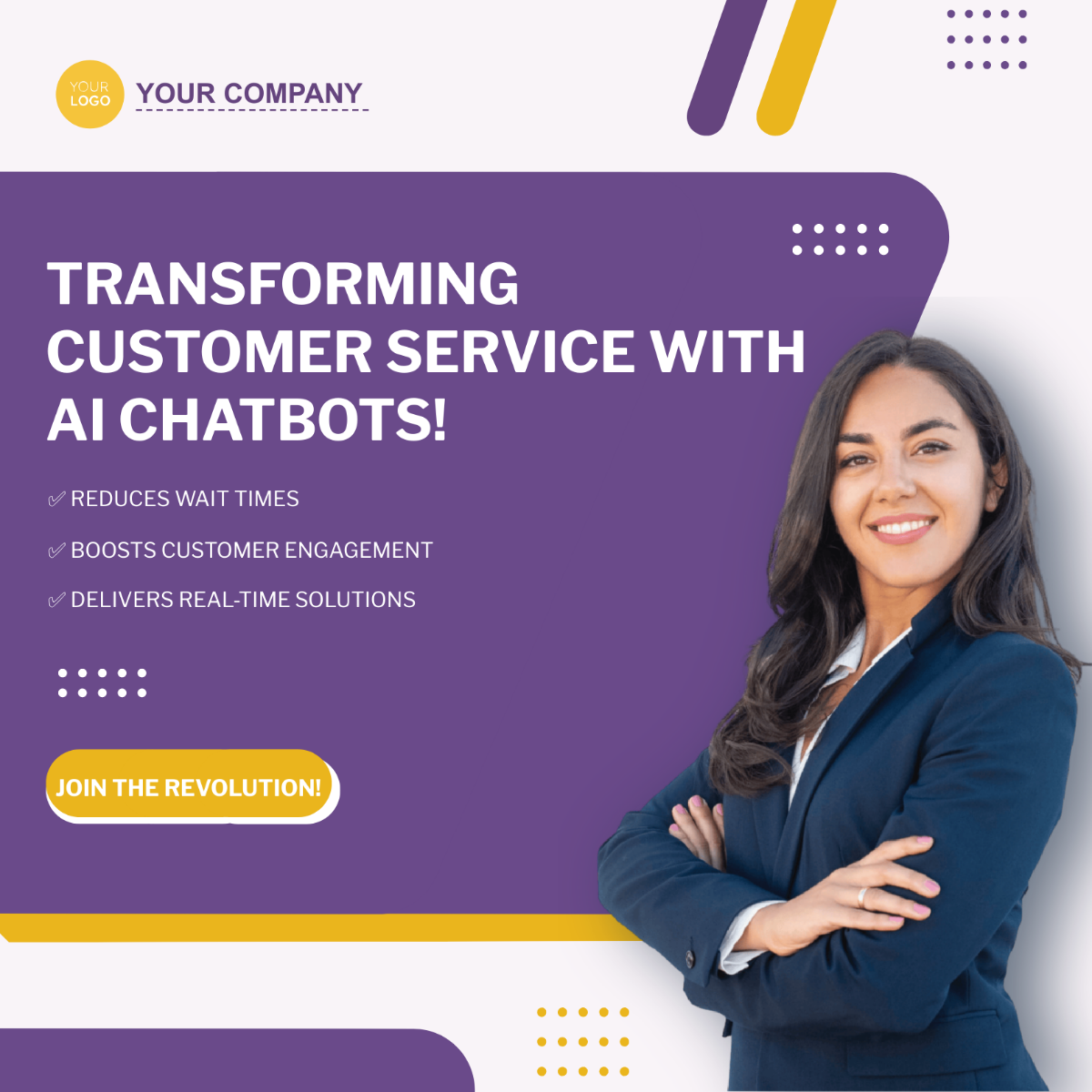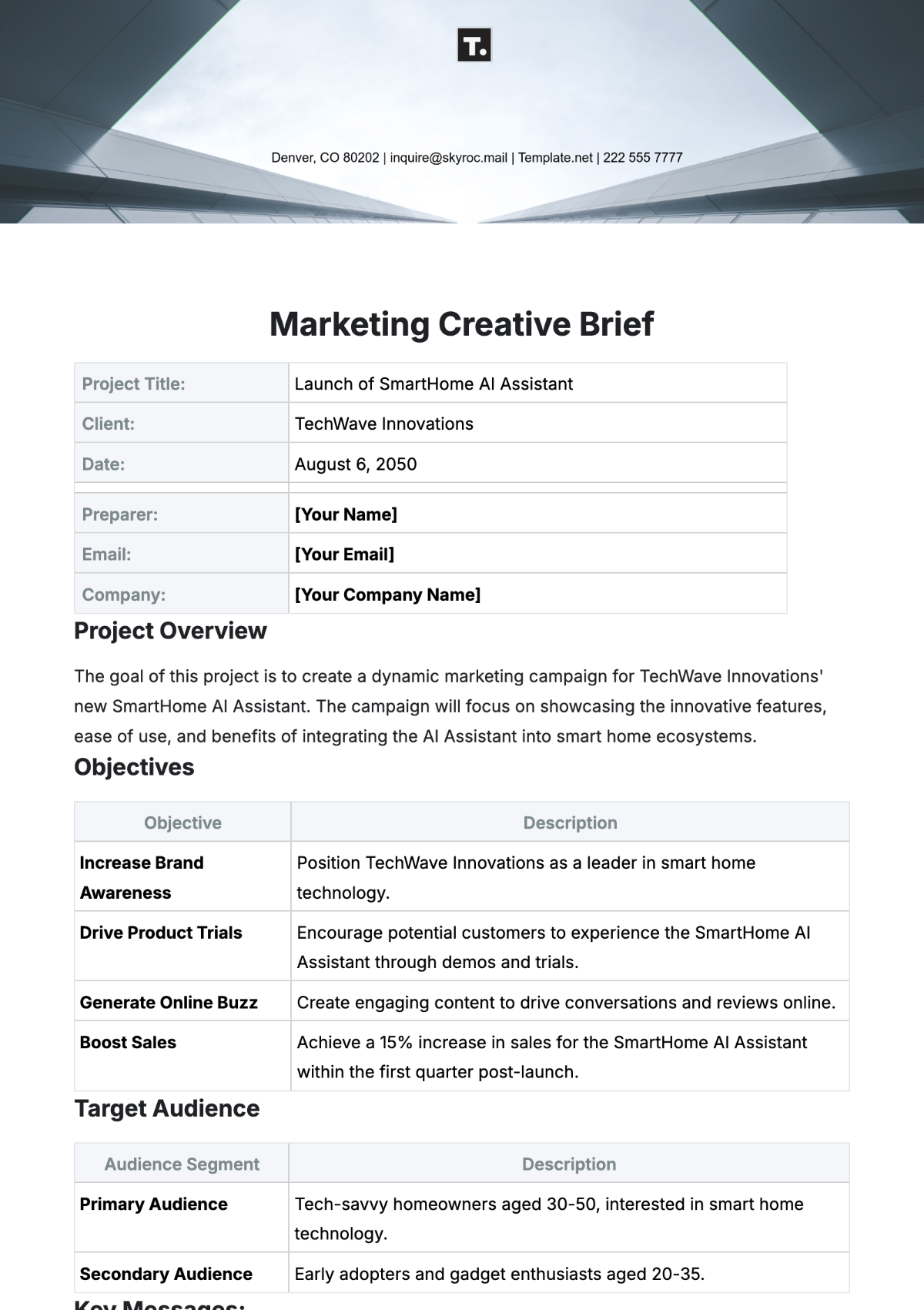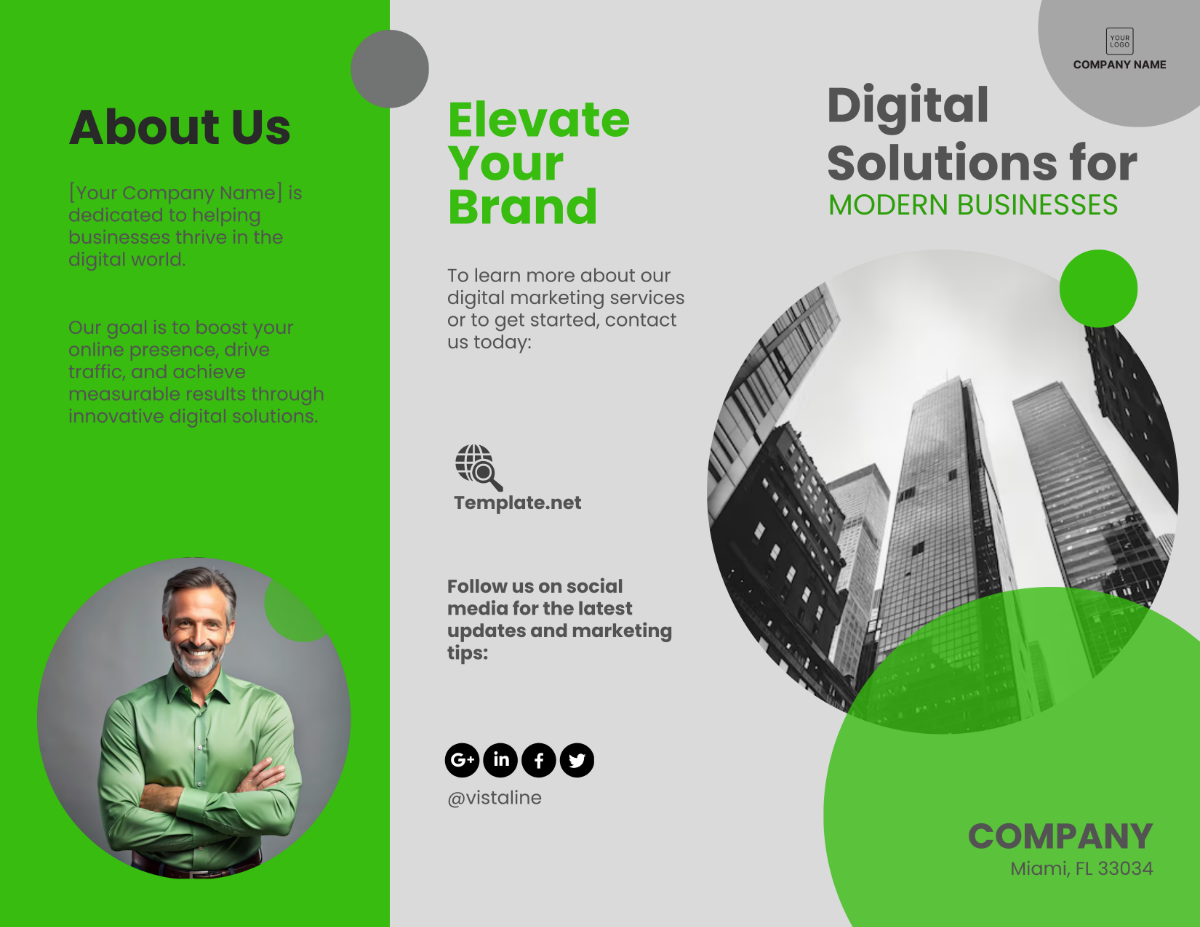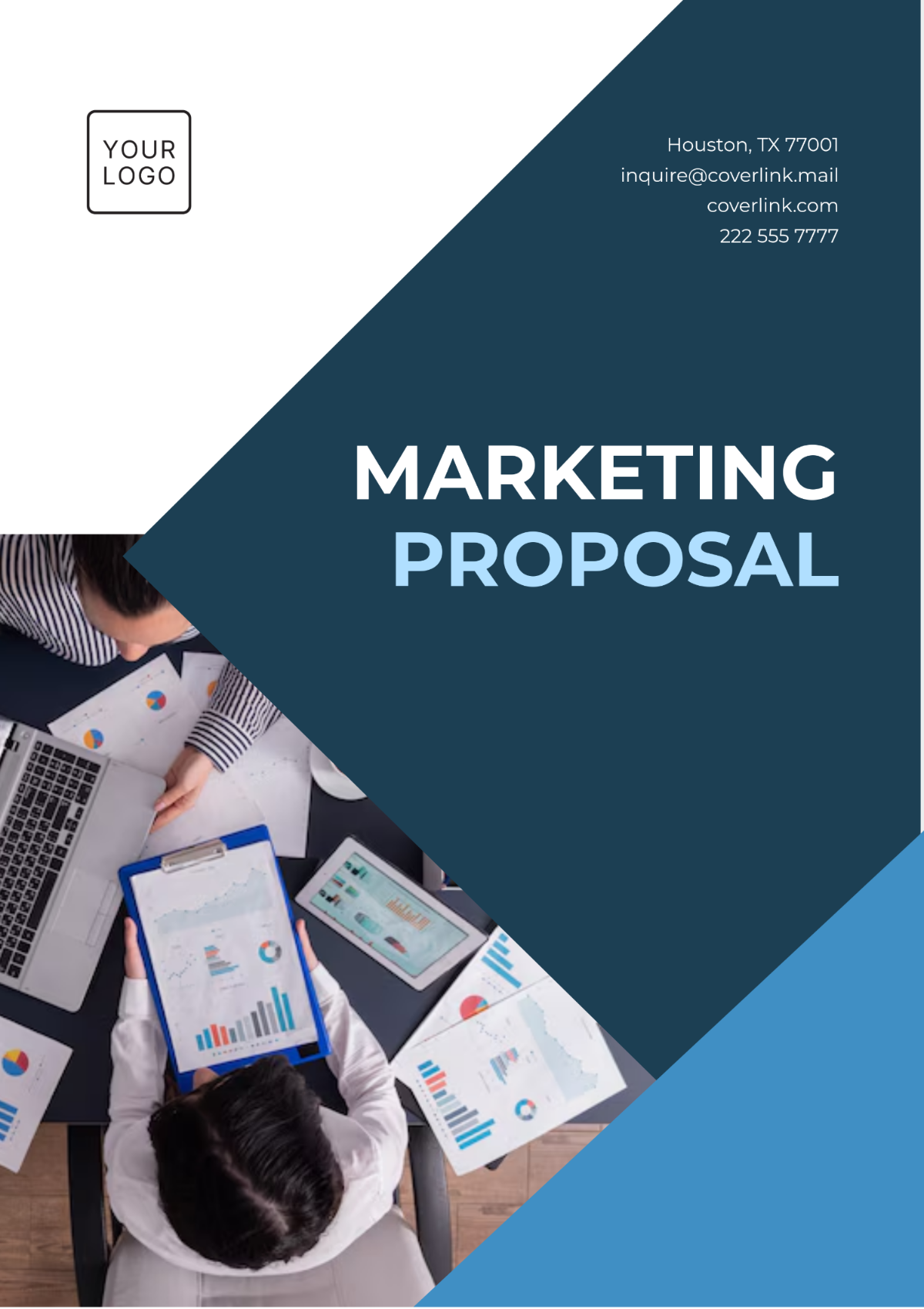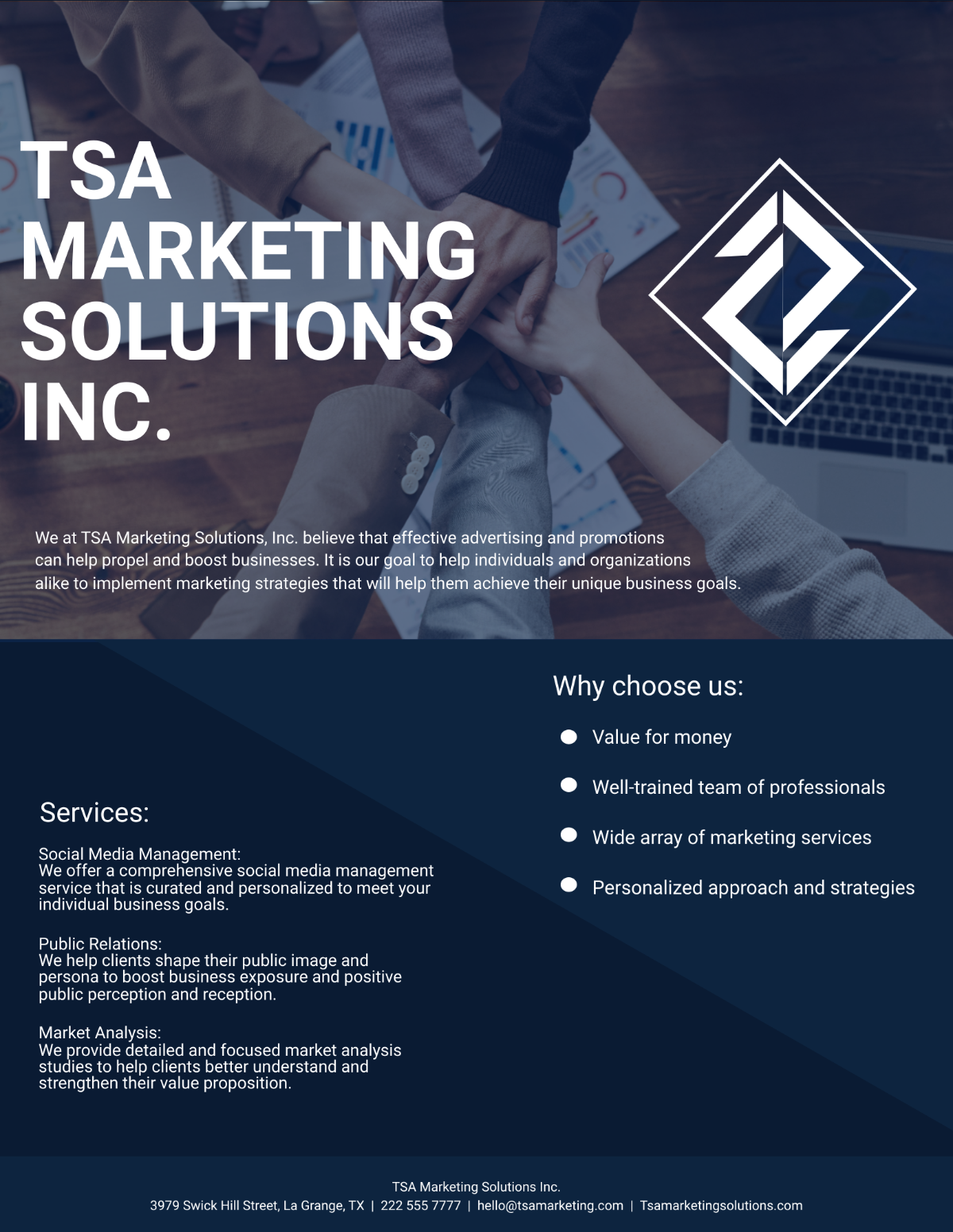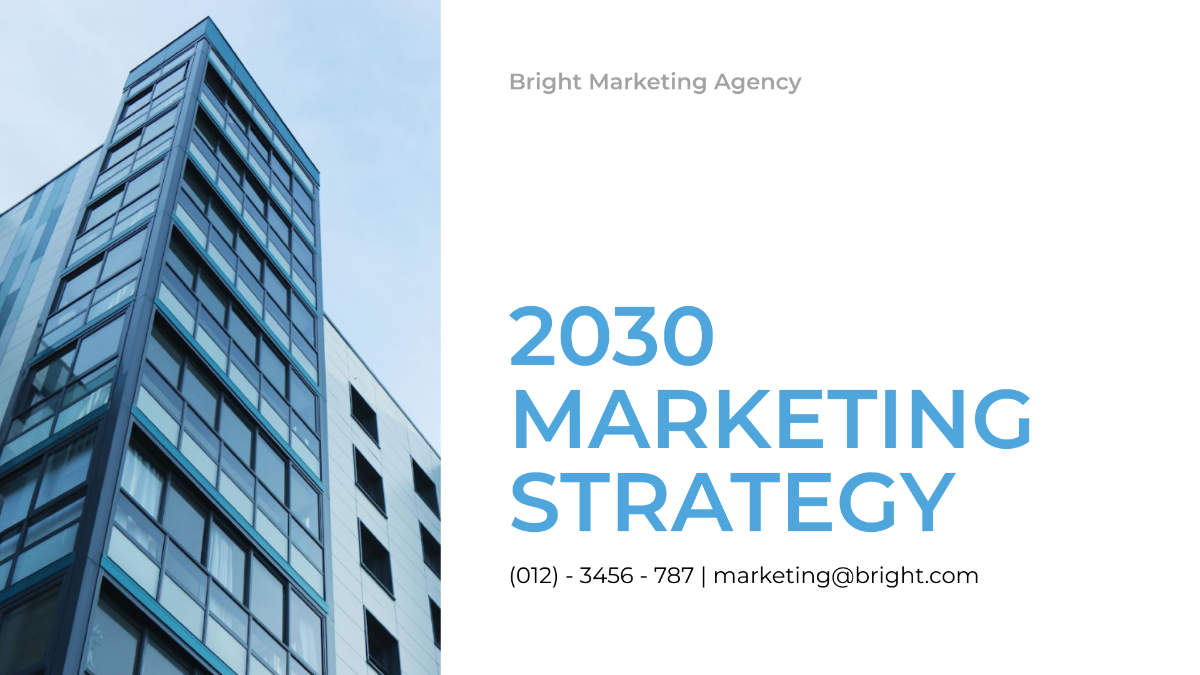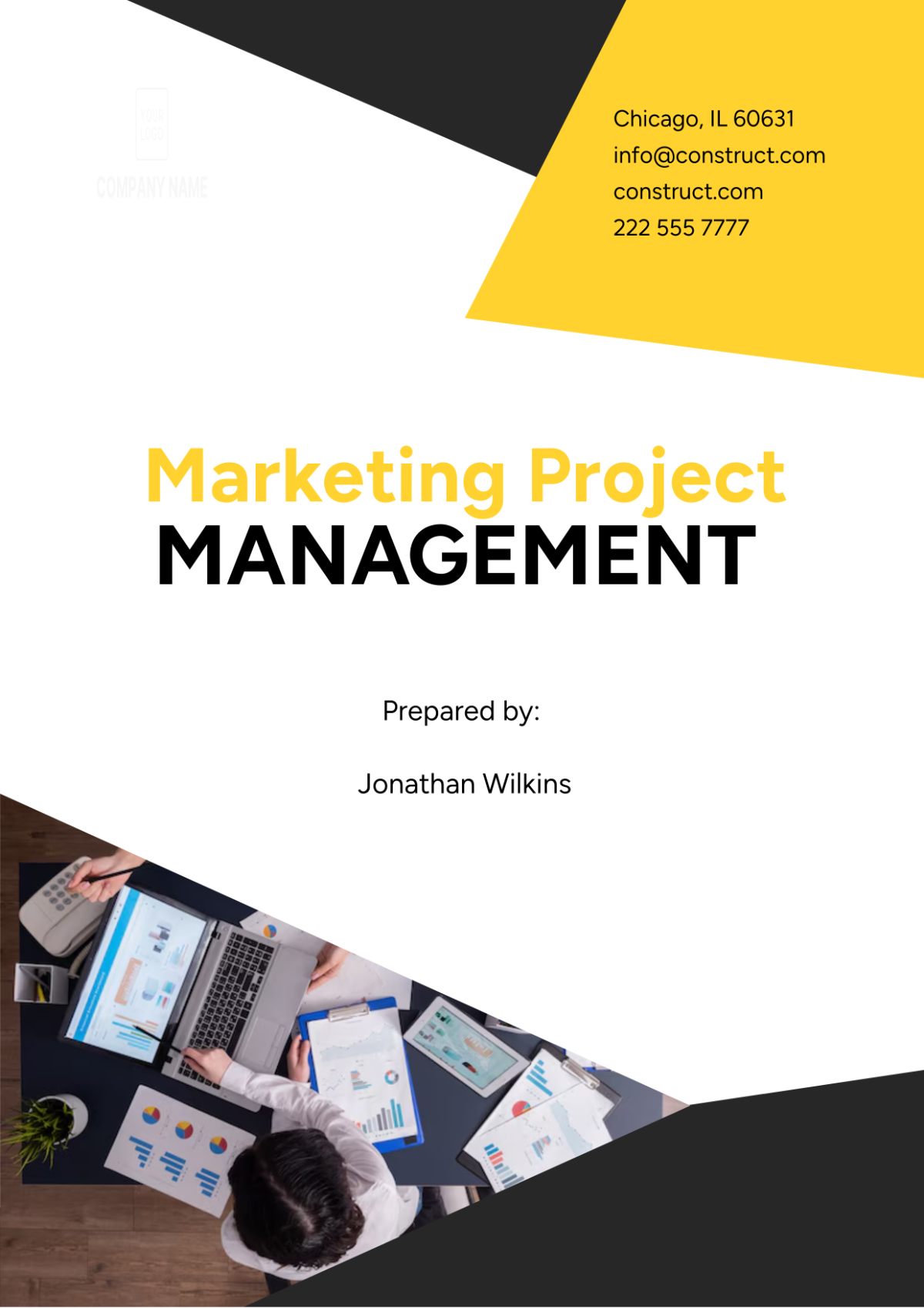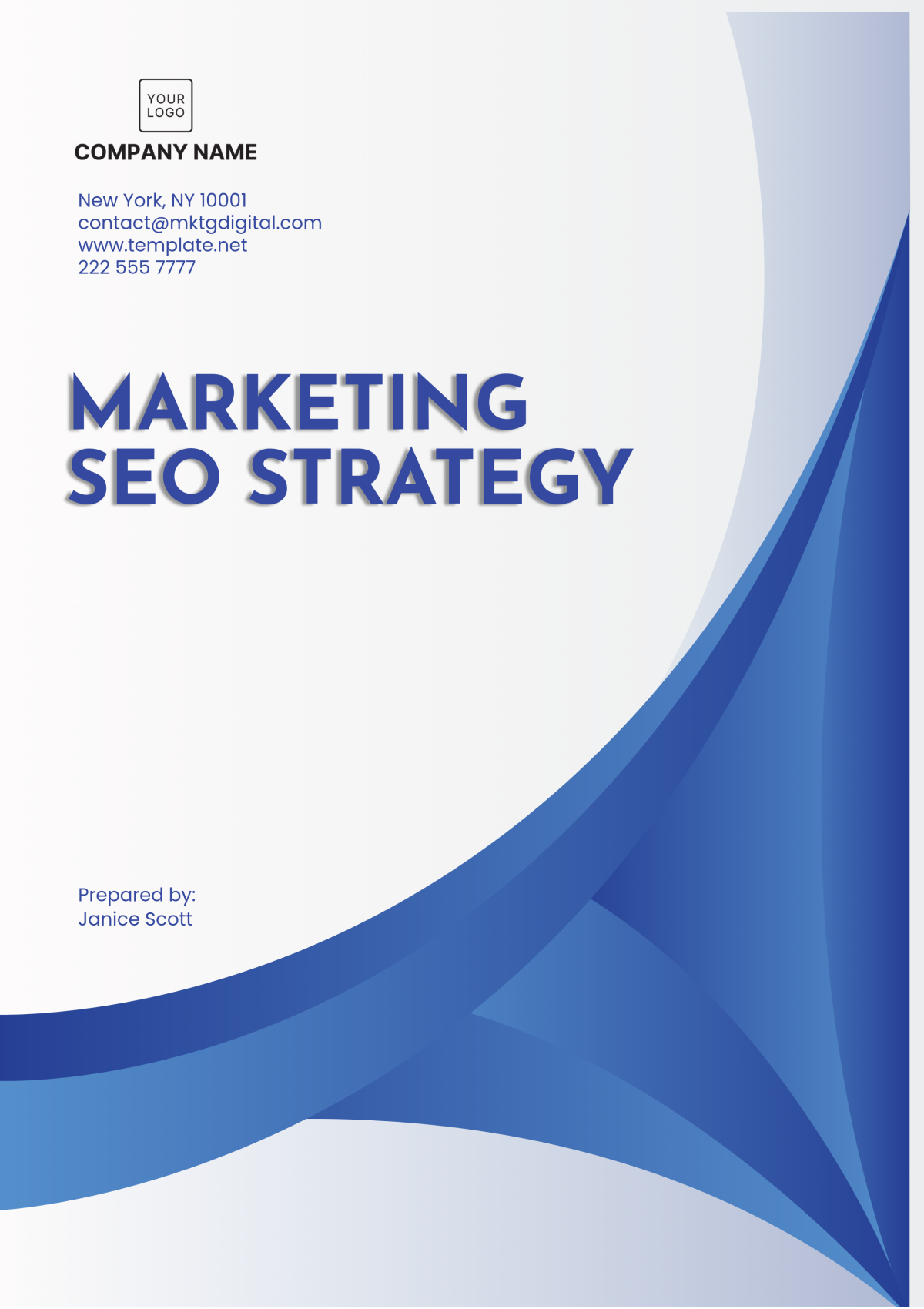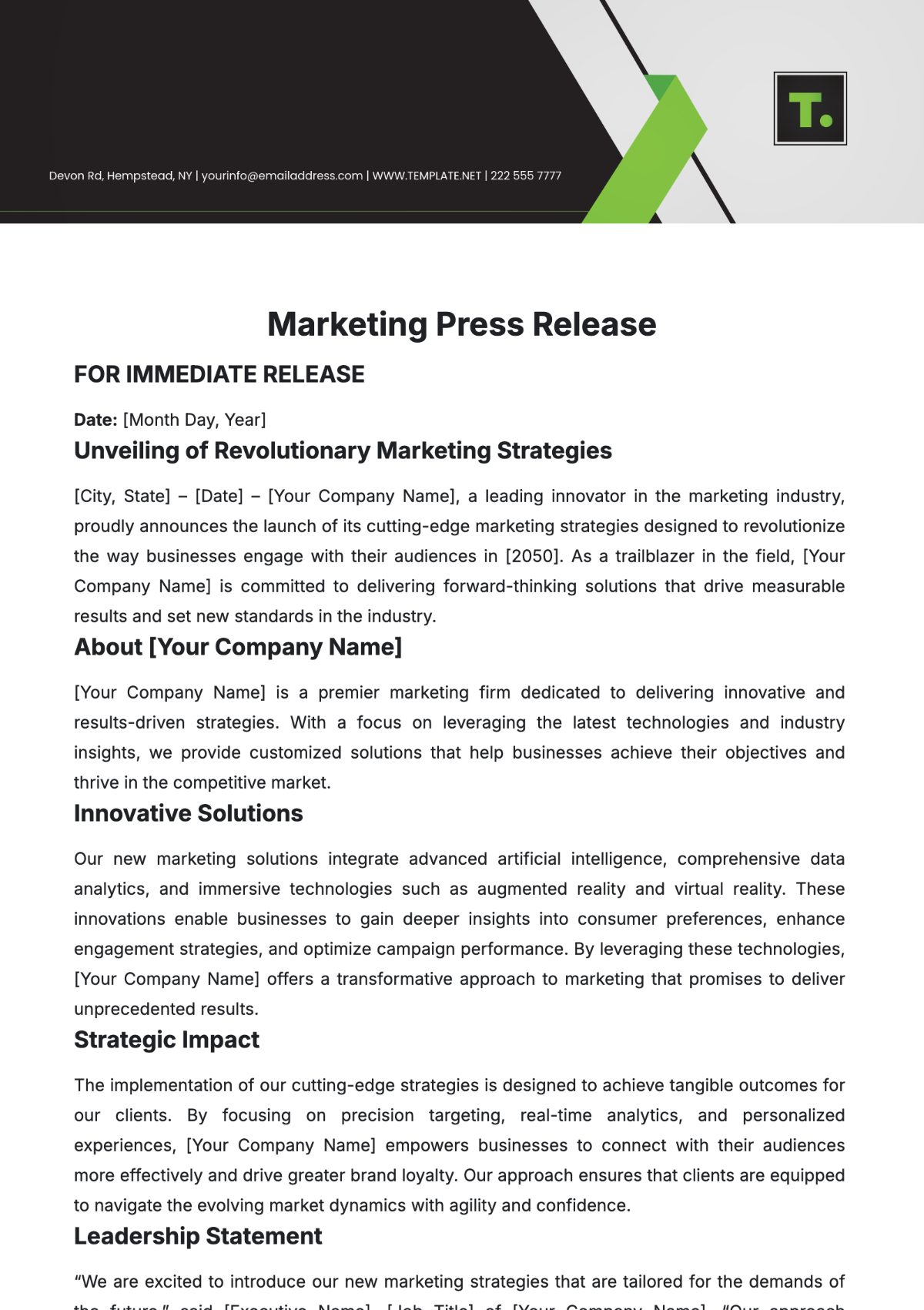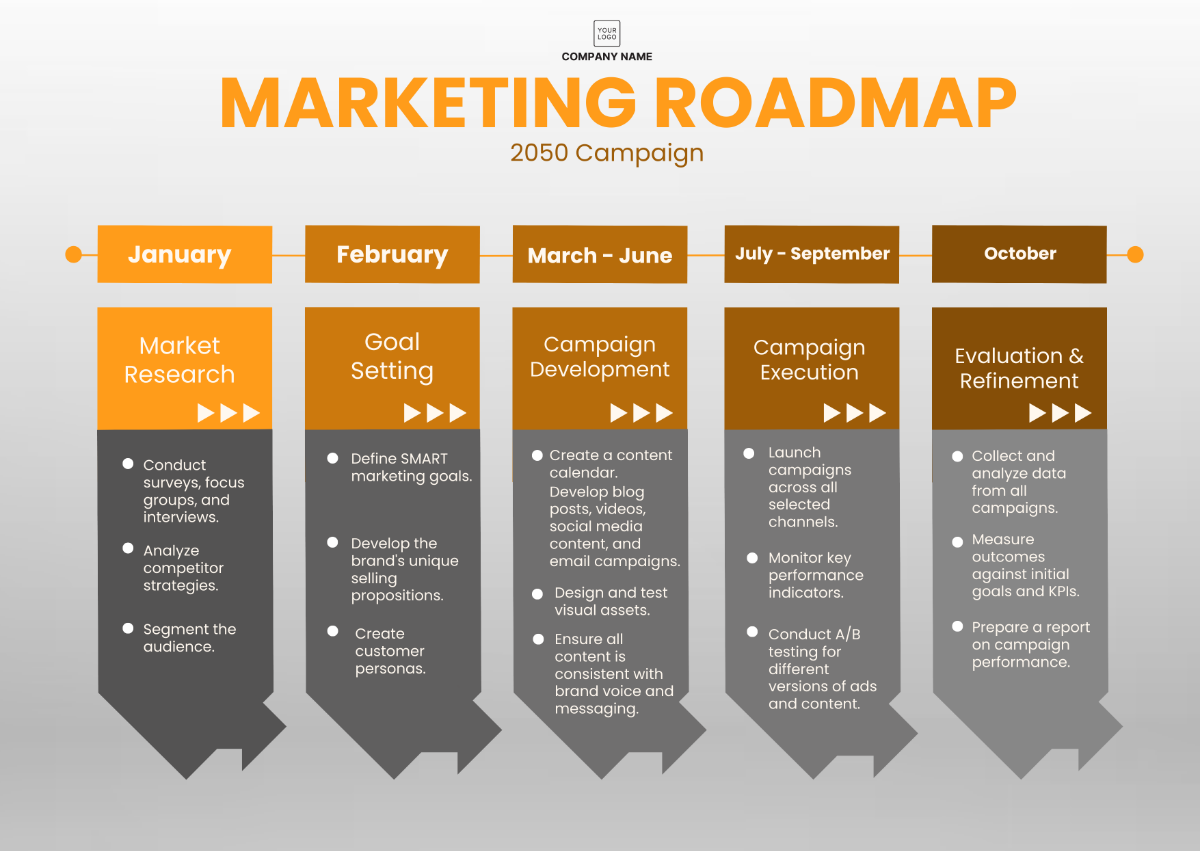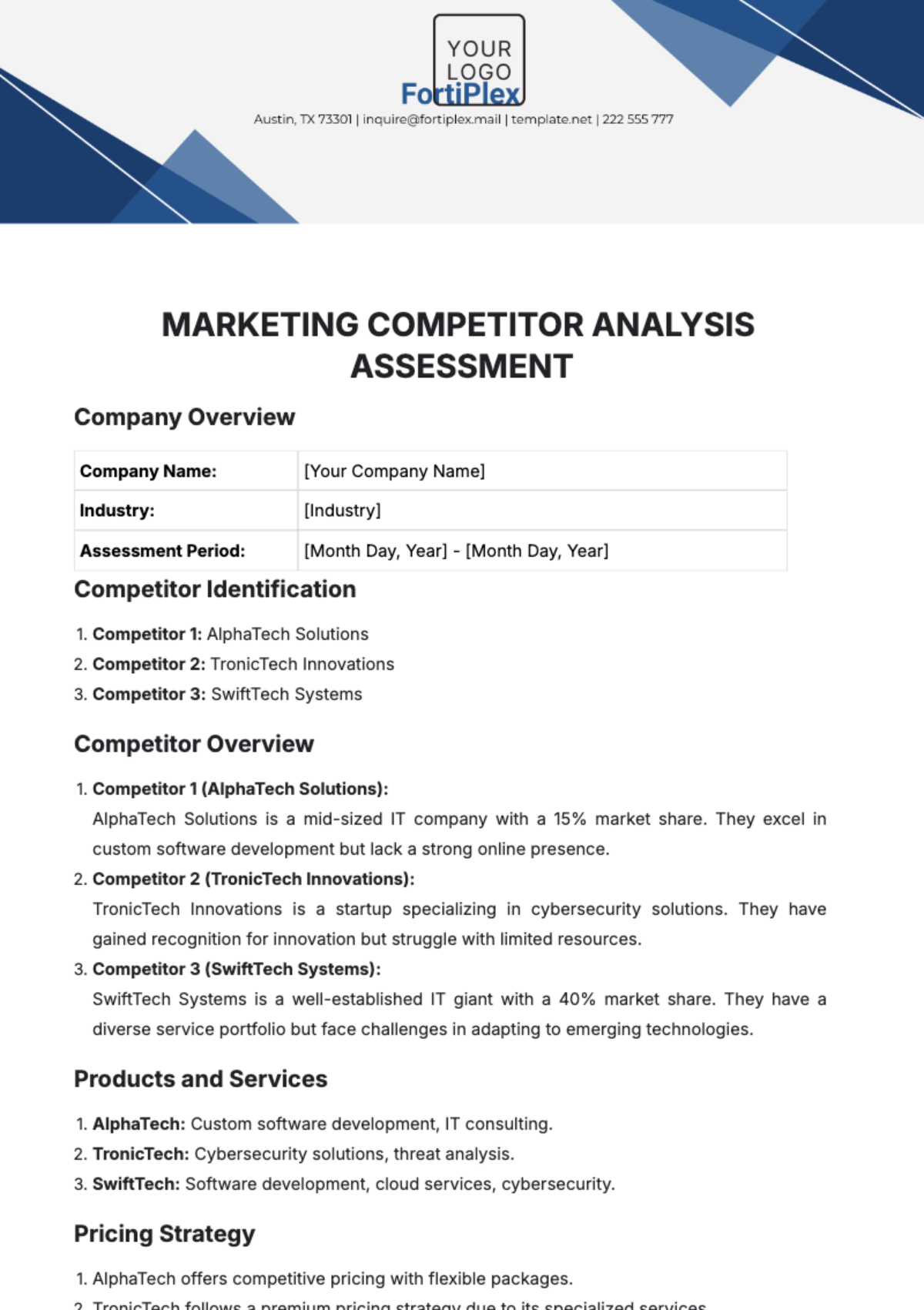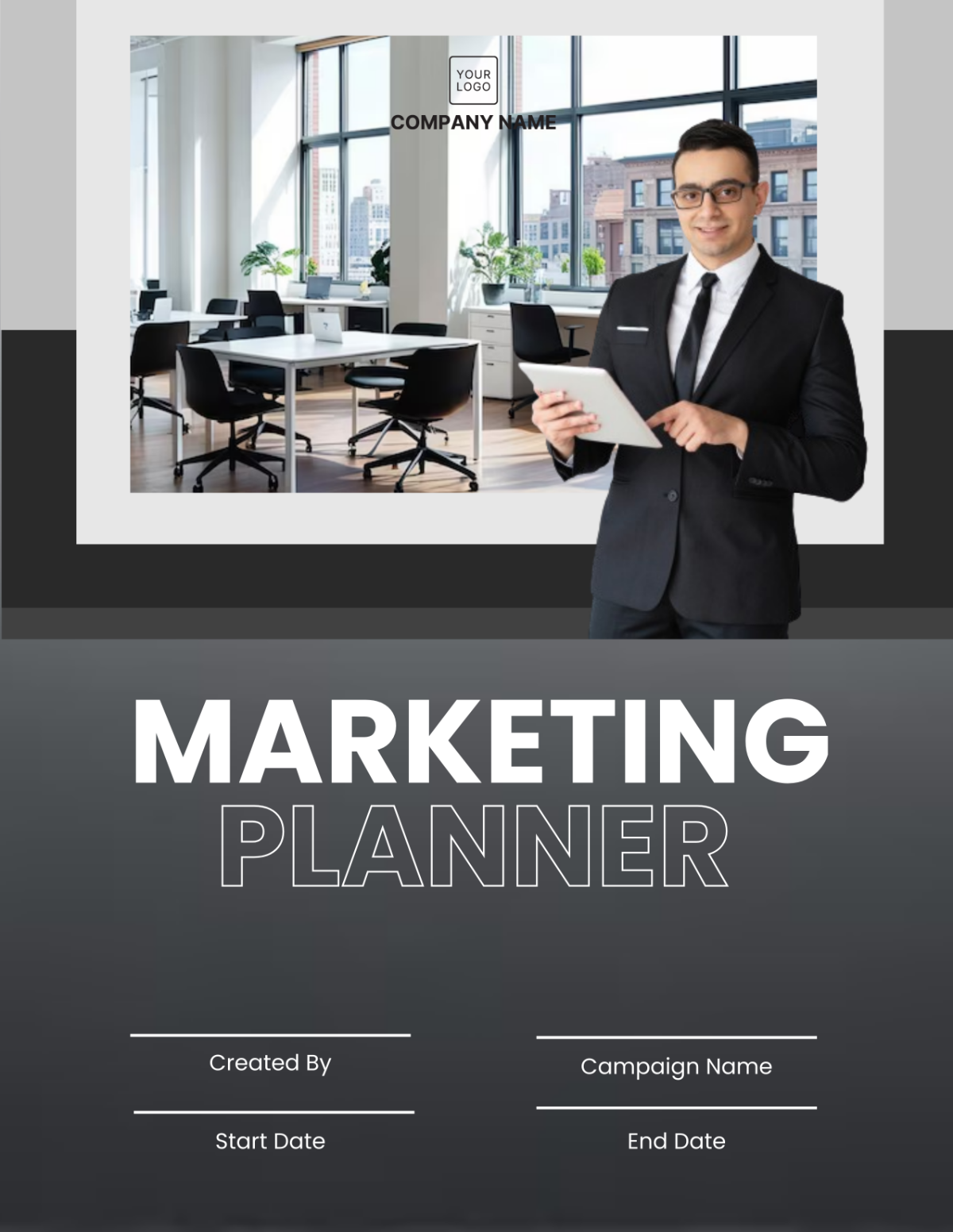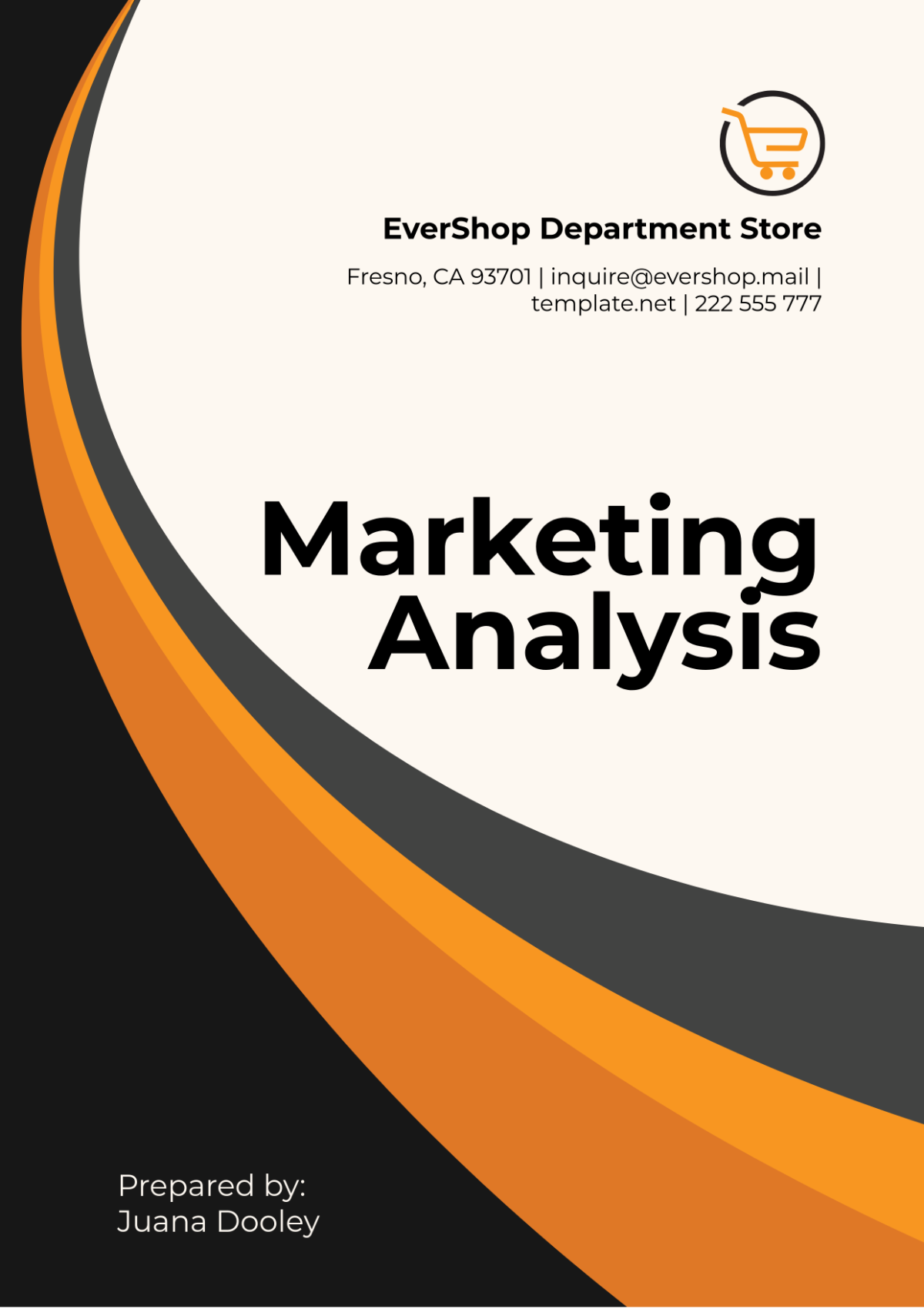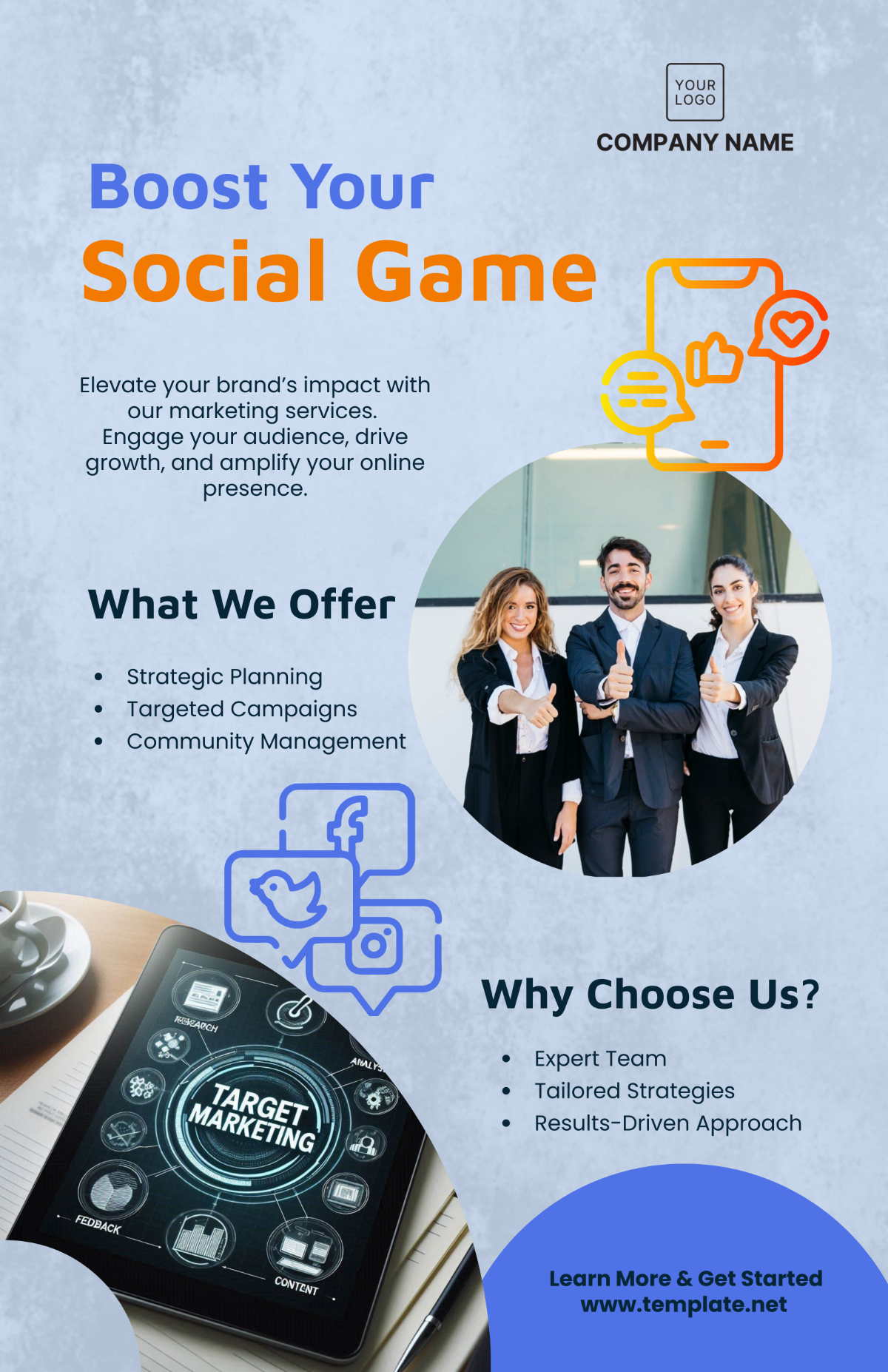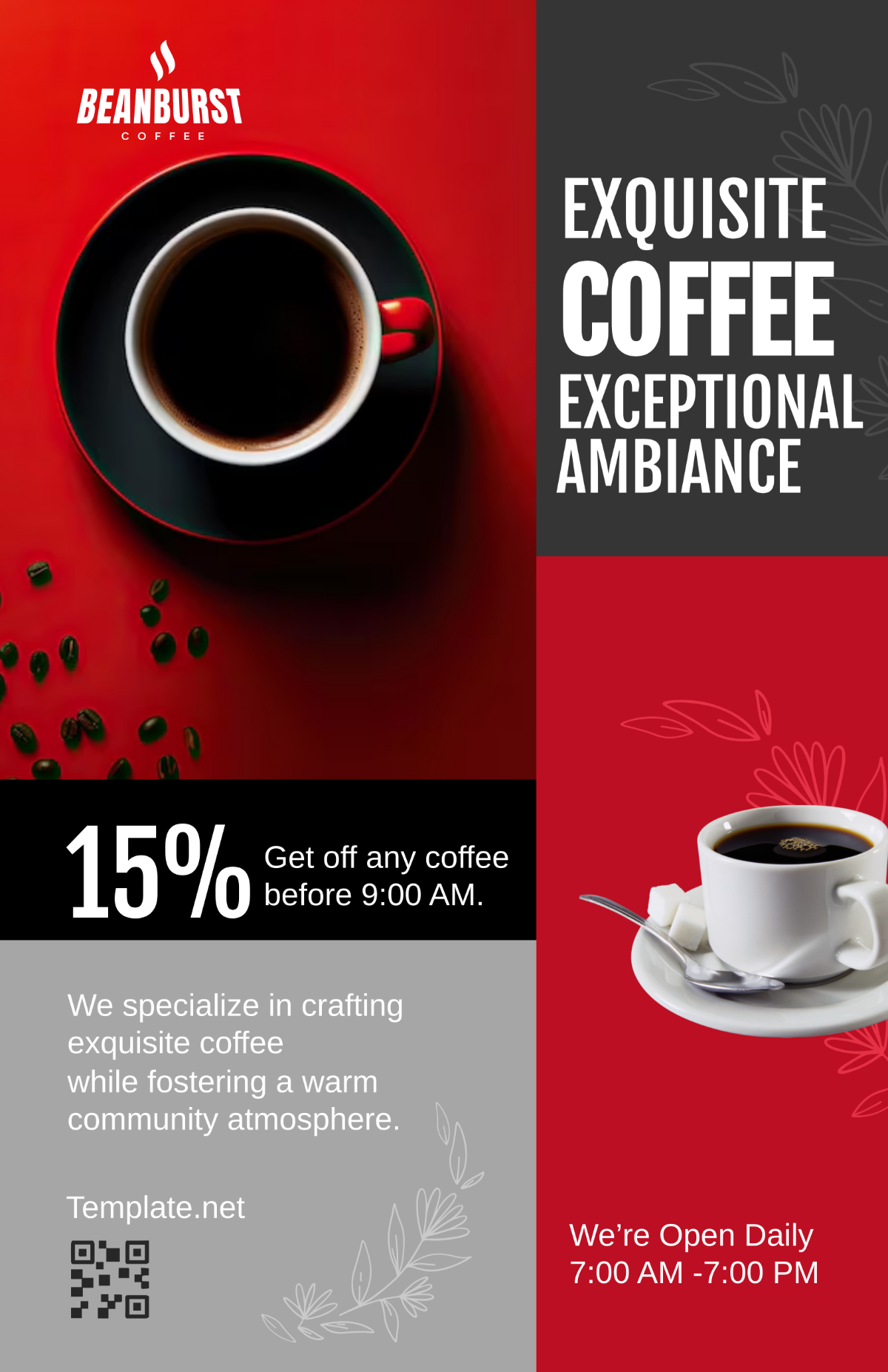Marketing Event Technology
Implementation Guide
1. Introduction
Welcome to the [Your Company Name] Marketing Event Technology Implementation Guide. This document is designed to help you seamlessly integrate technology solutions into your marketing events. By following this guide, you will optimize your event planning and execution, enhance participant engagement, and achieve your marketing goals effectively.
Contact Information:
User: [Your Name]
Email: [Your Email]
Company Name: [Your Company Name]
Website: [Your Company Website]
Email: [Your Email]
Address: [Your Company Address]
Phone: [Your Company Number]
2. Scope and Objectives
Scope: The scope of our technology implementation encompasses all our major marketing events and campaigns over the next year. This includes our flagship product launches, regional roadshows, and virtual webinars.
Objectives: The objectives of this technology implementation are as follows:
Enhance attendee engagement and interaction during events.
Streamline event registration and ticketing processes.
Improve data collection and analysis for better decision-making.
Increase the overall effectiveness of our marketing events in terms of lead generation and brand exposure.
3. Stakeholder Identification
Key Stakeholders
Marketing Team: Responsible for developing event strategies and content.
Event Planning Team: In charge of logistics, scheduling, and on-site management.
IT Department: Handles technology selection, integration, and support.
External Vendors: Partners providing specialized event technology solutions.
4. Technology Assessment
After careful assessment, we have identified the following technology options that align with our marketing event goals:
Event Registration and Ticketing: We have chosen "EventBritePro" for its user-friendly interface, robust ticketing features, and seamless integration with our event website. This tool will simplify attendee registration, ticket purchase, and check-in processes.
Audience Engagement: Our selected platform for audience engagement is "EngageMeNow." This platform offers interactive features such as live polls, Q&A sessions, and gamification to enhance participant involvement and foster a dynamic event environment.
Data Analytics and Reporting: "DataInsightsPro" has been selected to provide us with comprehensive data insights. It offers real-time analytics, customizable dashboards, and in-depth reporting capabilities, enabling us to make data-driven decisions and measure the success of our events effectively.
Virtual Event Platform (if applicable): For our virtual events, we will leverage "VirtualConnectX," a cutting-edge solution known for its immersive virtual environments, networking opportunities, and seamless content delivery. This platform will enable us to replicate the experience of in-person events in a virtual setting, ensuring engagement and interactivity for online attendees.
5. Budget and Resource Planning
Budget Allocation
Total Budget: $200,000 (USD)
Category | Budget Allocation |
Hardware | $40,000 |
Software | $60,000 |
Personnel | $75,000 |
External Services | $25,000 |
Resource Allocation
Responsibilities | Team Member |
Project Management | [Your Name] |
Hardware Procurement | John Smith |
Software Integration | Sarah Davis |
Data Analytics | Michael Johnson |
Vendor Management | Emily White |
6. Vendor Selection
Vendor Selection Process
Our vendor selection process will follow these steps:
Needs Assessment: Identify specific technology needs for each event type.
Vendor Research: Research potential vendors based on event needs.
RFP Creation: Develop Request for Proposals (RFPs) for vendor bids.
Vendor Evaluation: Evaluate proposals based on criteria like cost, features, and support.
Vendor Selection: Select the most suitable vendors.
Contract Negotiation: Negotiate contracts and service agreements.
Vendor Onboarding: Onboard selected vendors and ensure seamless integration.
Vendor Criteria
Criteria | Weight (1-5) |
Technical Capability | 5 |
Cost-effectiveness | 4 |
Reputation and References | 4 |
Compatibility with Existing Systems | 4 |
Support and Maintenance | 5 |
Compliance and Security | 5 |
7. Technology Integration Plan
Integration Timeline
Below is the timeline for technology integration:
Task | Start Date | End Date |
Hardware Procurement | April 15, 2052 | April 30, 2052 |
Software Integration | May 10, 2052 | May 25, 2052 |
Data Analytics Implementation | June 5, 2052 | June 20, 2052 |
Vendor Onboarding | June 25, 2052 | July 5, 2052 |
Testing and Quality Assurance | July 10, 2052 | July 20, 2052 |
Event Execution | August 1, 2052 | August 10, 2052 |
Post-Event Evaluation | August 15, 2052 | August 25, 2052 |
Milestones
Hardware Procurement Completed
Software Integration Successfully Tested
Data Analytics System Operational
Vendors Successfully Onboarded
Testing and QA Complete
Successful Event Execution
Post-Event Evaluation Report Submitted
Dependencies
Hardware procurement must be completed before software integration.
Data analytics system setup depends on hardware availability.
Vendor onboarding requires completed vendor selection.
Testing and QA are dependent on software integration.
Event execution depends on successful technology integration.
Post-event evaluation relies on event execution.
8. Data Management and Security
Data Management
A. Data Collection Methods: Data will be collected through various methods, including attendee registration forms, interactive event tools (e.g., polls and surveys), and participant engagement tracking.
B. Data Storage: All event data will be securely stored on the official company data management system, which is equipped with robust encryption protocols and regular backups to ensure data integrity and availability.
C. Data Privacy Compliance: We are committed to compliance with data privacy regulations such as GDPR. Attendees will be informed about data collection and given the option to opt in or out of data sharing. Personal data will be anonymized, and access will be restricted to authorized personnel only.
9. Training and Adoption
Training Plan
To ensure the effective use of technology, we have devised a comprehensive training plan:
Orientation: An initial orientation session will introduce the event team to the technology stack.
Hands-On Workshops: Interactive workshops will be conducted to provide practical training on using event tools.
Online Resources: Access to online tutorials, user guides, and FAQs will be provided for continuous learning.
Mock Events: Simulated events will be organized to allow team members to practice using the technology in a controlled environment.
Feedback and Support: Continuous feedback channels and dedicated support personnel will be available to address queries and challenges.
10. Testing and Quality Assurance
Testing Process
Our testing process ensures a seamless event experience:
Unit Testing: Individual components and features will be tested for functionality.
Integration Testing: We will assess the interaction of various technologies to ensure compatibility.
User Acceptance Testing (UAT): Team members will participate in UAT to identify usability issues.
Load Testing: We will simulate heavy user loads to assess system performance.
Security Testing: Rigorous security testing will be conducted to identify and mitigate vulnerabilities.
Contingency Plans
In the event of technical failures, we have established contingency plans:
Backup Systems: Backup hardware and software solutions will be readily available.
Redundant Internet Connections: Multiple internet connections will ensure uninterrupted online events.
Technical Support: A dedicated technical support team will be on standby to address issues promptly.
Communication Plan: A communication plan will inform attendees of any technical disruptions and provide alternative access instructions.
11. Event Execution
Event Technology Usage
During the event, adhere to the following technology usage guidelines:
Ensure all event technology is set up and tested well in advance.
Monitor the event dashboard for real-time insights and attendee engagement.
Troubleshoot minor technical issues independently using the provided troubleshooting guide.
For major issues, immediately contact our dedicated technical support at 222 555 7777.
Maintain clear communication with the technical team and event participants to address concerns promptly.
Troubleshooting
In case of technical issues, follow these troubleshooting procedures:
Refer to the Troubleshooting Guide provided for step-by-step instructions.
Check internet connectivity and hardware connections.
Restart the affected software or hardware.
Contact our technical support team at 222 555 7777 for immediate assistance.
12. Performance Metrics and Measurement
Key Performance Indicators (KPIs)
Our key performance indicators (KPIs) for measuring technology implementation success include:
Event Registration Conversion Rate
Participant Engagement Metrics (e.g., Poll Participation, Q&A Interaction)
Data Accuracy and Availability
Event Uptime and Reliability
Post-Event Survey Responses
Lead Generation and Conversion Rates
Attendee Feedback Ratings
13. Feedback and Improvement
Feedback Collection
We value your feedback to continually improve our events. Feedback collection process:
Post-event surveys will be sent to all participants.
Team debrief sessions to discuss what went well and areas for improvement.
Open channels for attendees to provide real-time feedback during events.
Feedback analysis to identify trends and actionable insights.
14. Documentation and Reporting
Documentation
All technology-related activities, issues, and solutions will be documented in the following ways:
Detailed event logs
Incident reports
Technical support interactions
Post-event evaluations
Reporting
Regular reports will be generated to track progress and evaluate technology effectiveness. Reporting includes:
Weekly progress reports during technology implementation.
Post-event reports analyzing KPIs and feedback.
Annual technology performance reviews.
15. Contingency and Crisis Management
Our contingency plans for technical issues include:
Activation of backup systems and redundant internet connections.
Rapid response from the technical support team.
Clear communication to attendees regarding any disruptions.
A designated crisis management team for major incidents.
16. Post-Event Evaluation
After each event, a comprehensive post-event evaluation process will be conducted. This process involves:
Reviewing event KPIs and performance metrics.
Analyzing attendee feedback and survey responses.
Identifying areas for improvement.
Documenting lessons learned and best practices.
